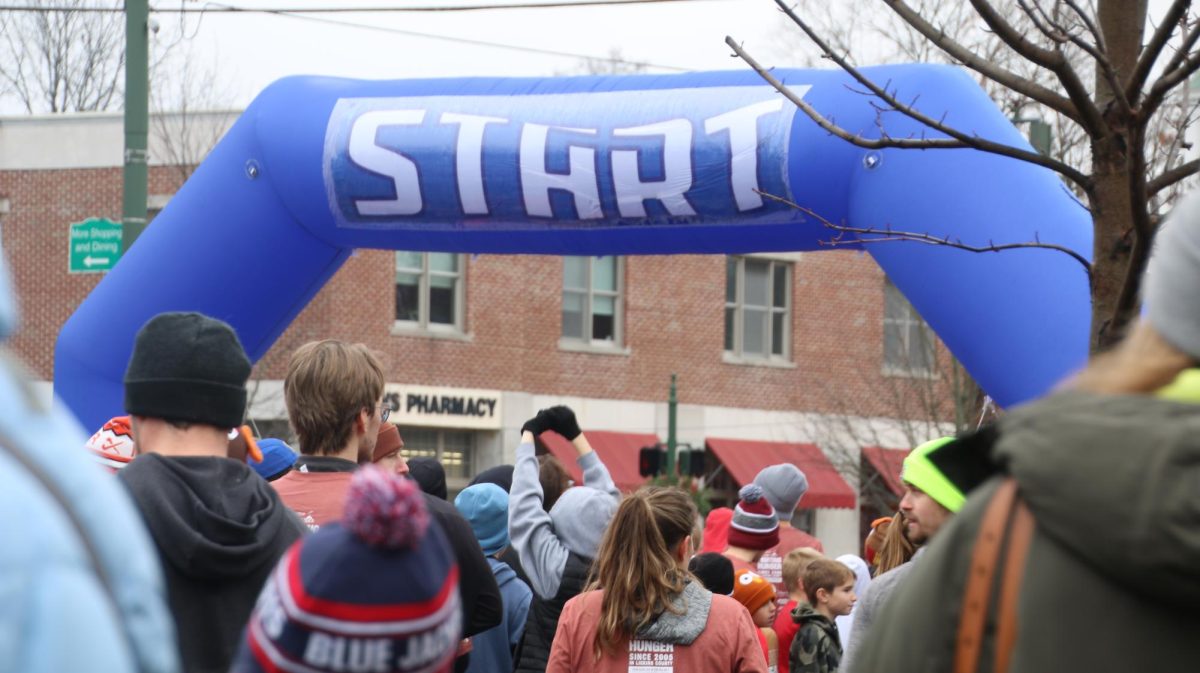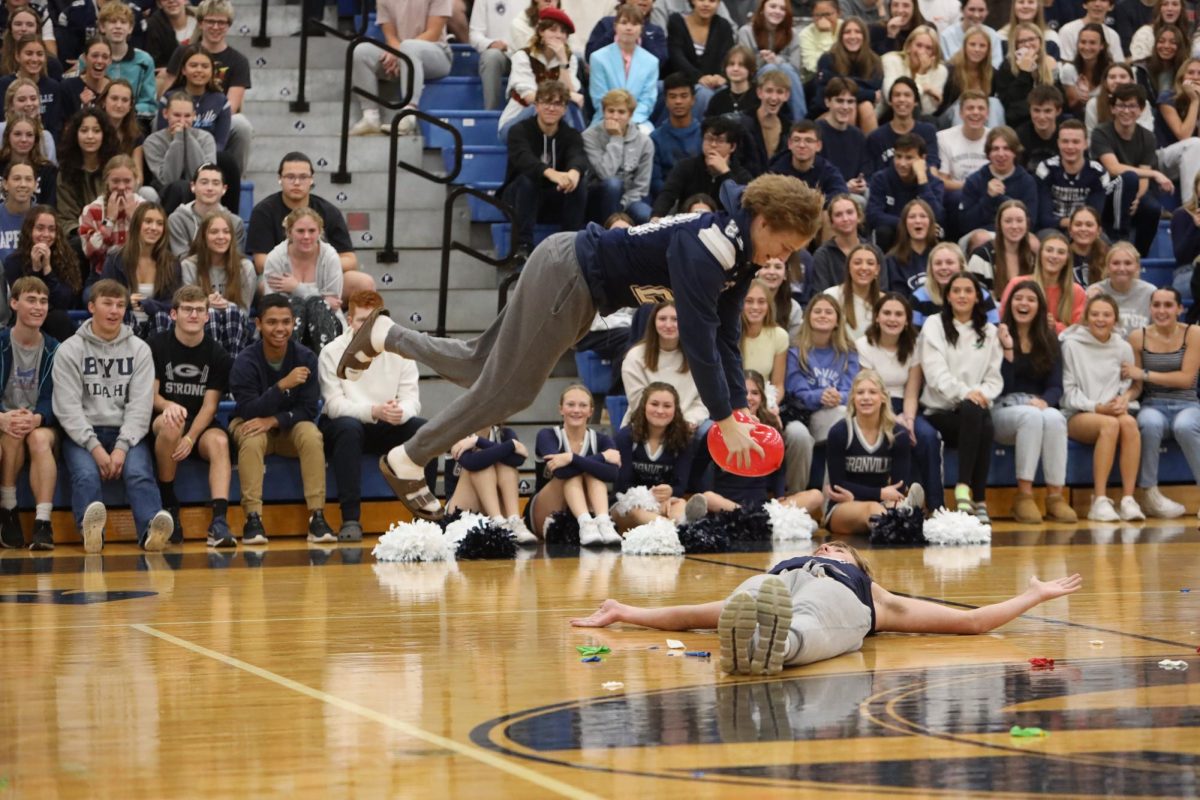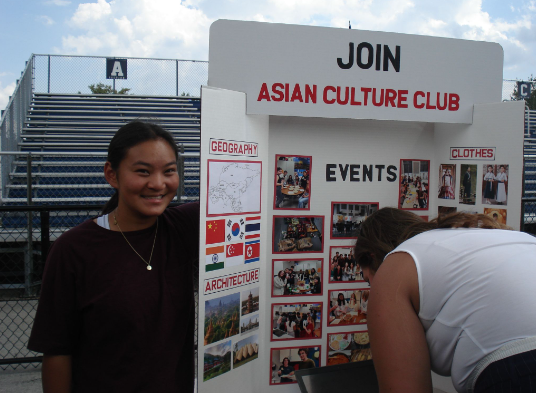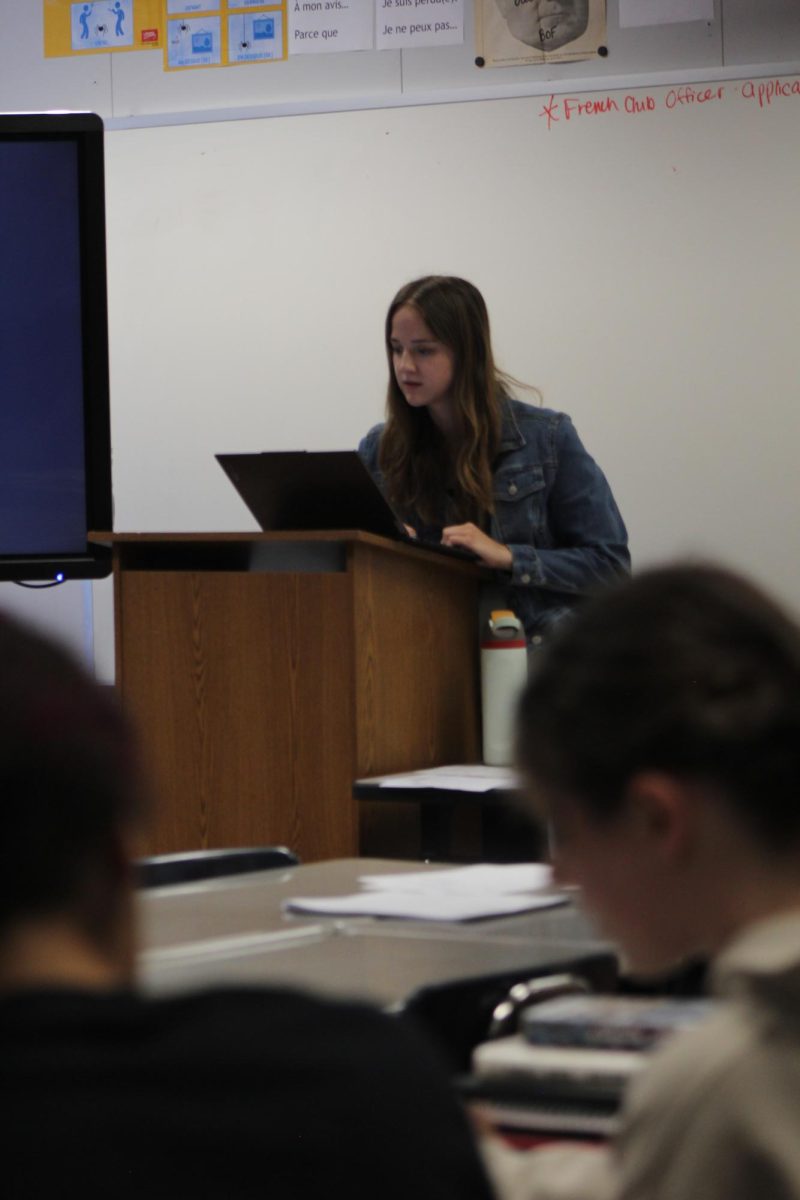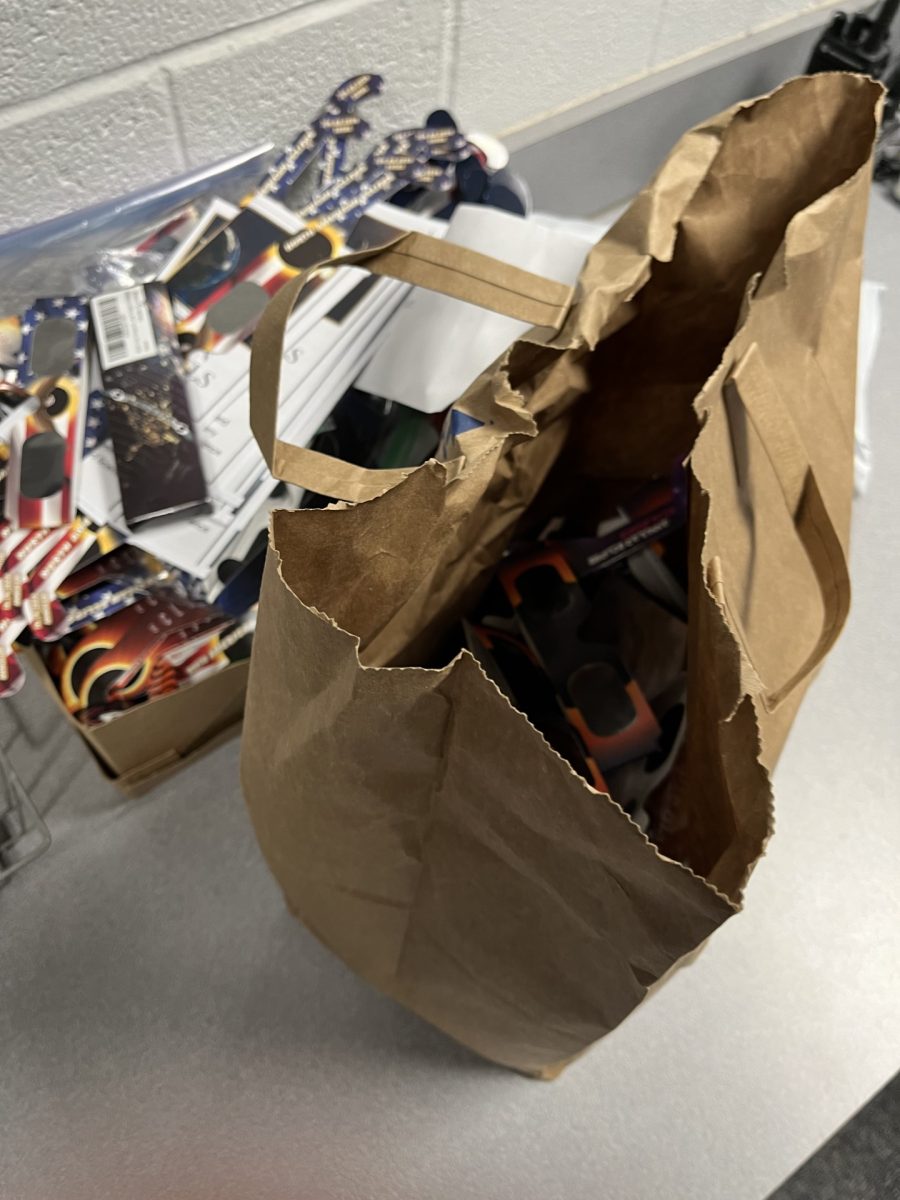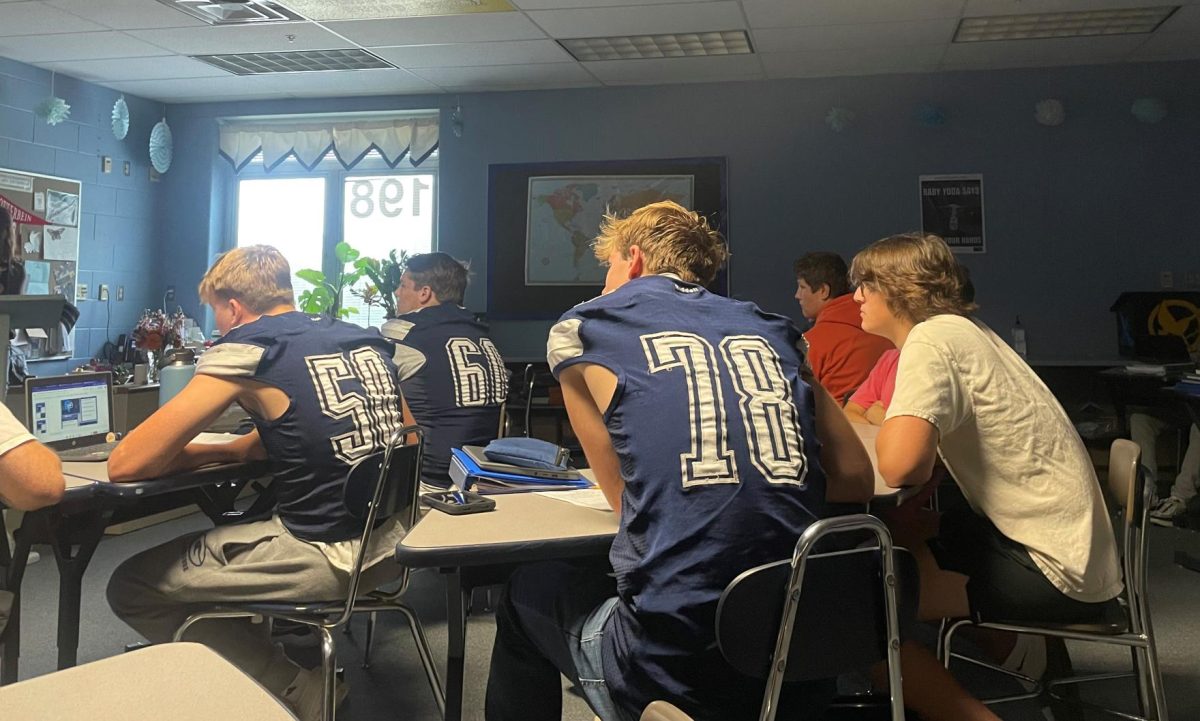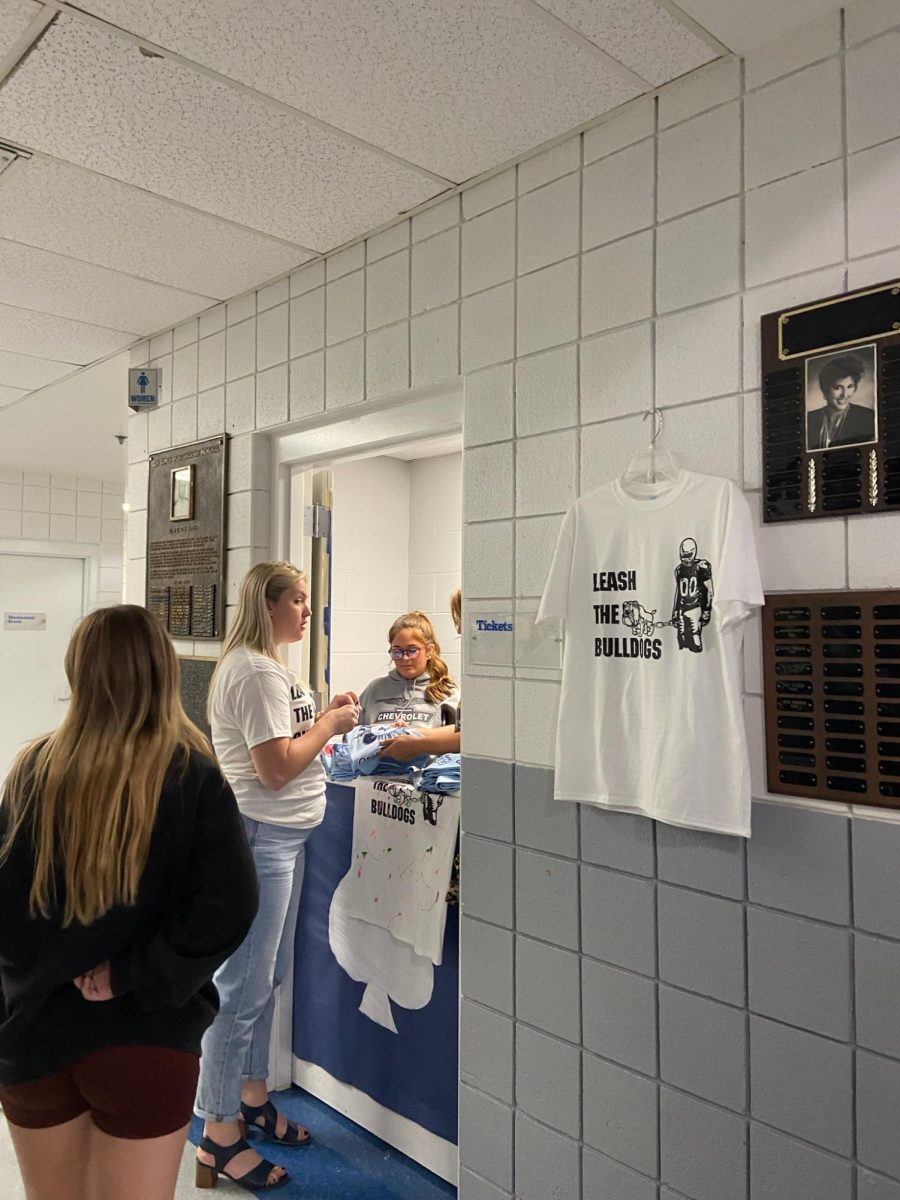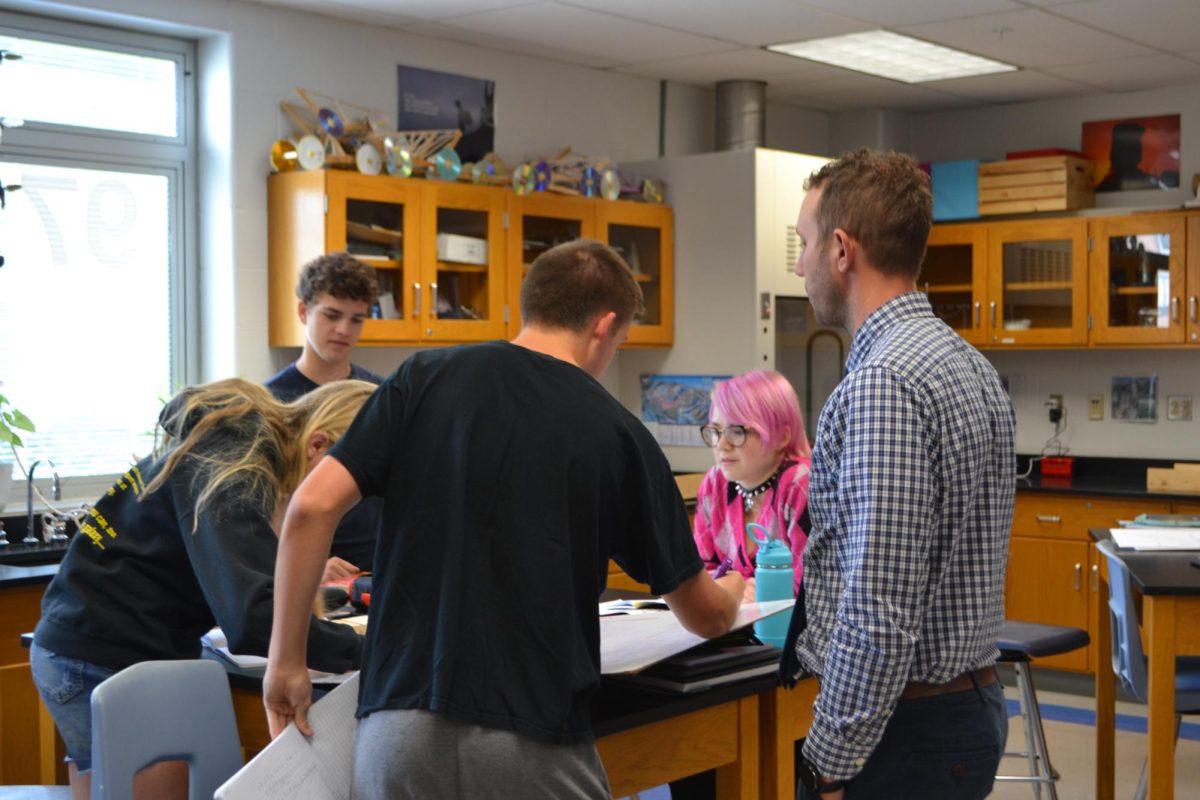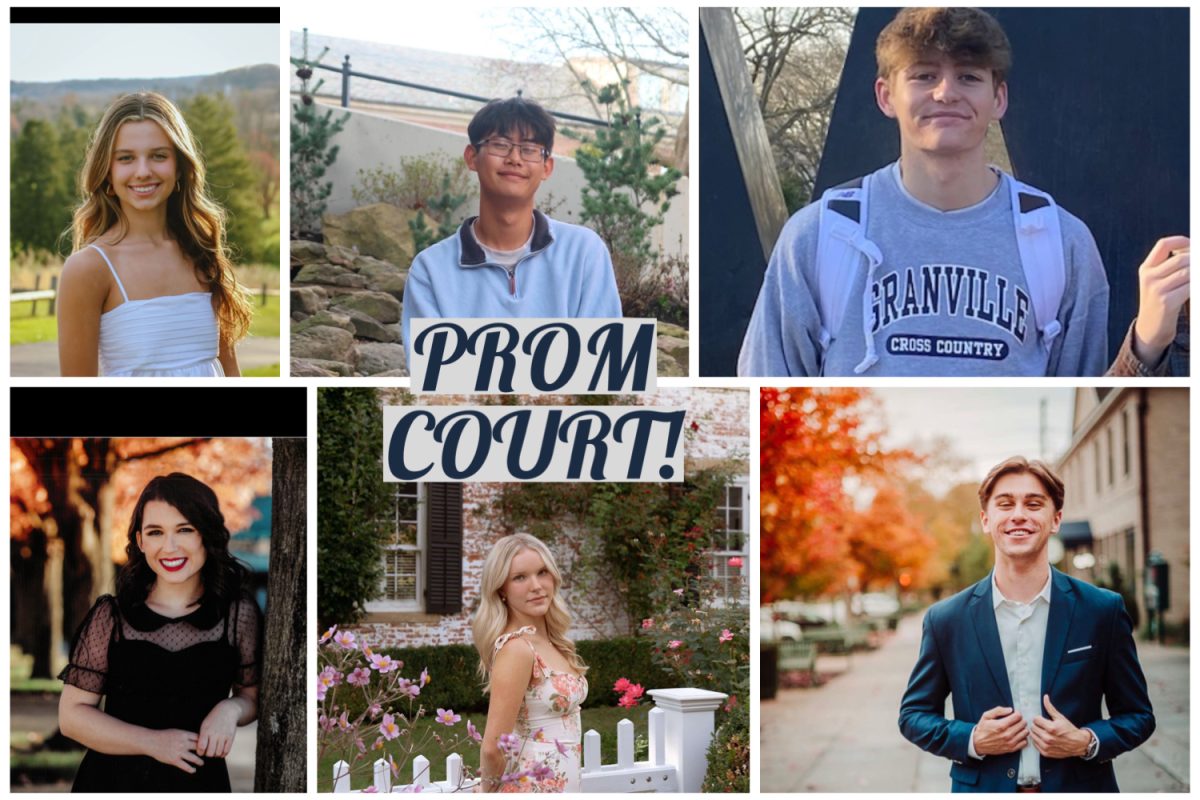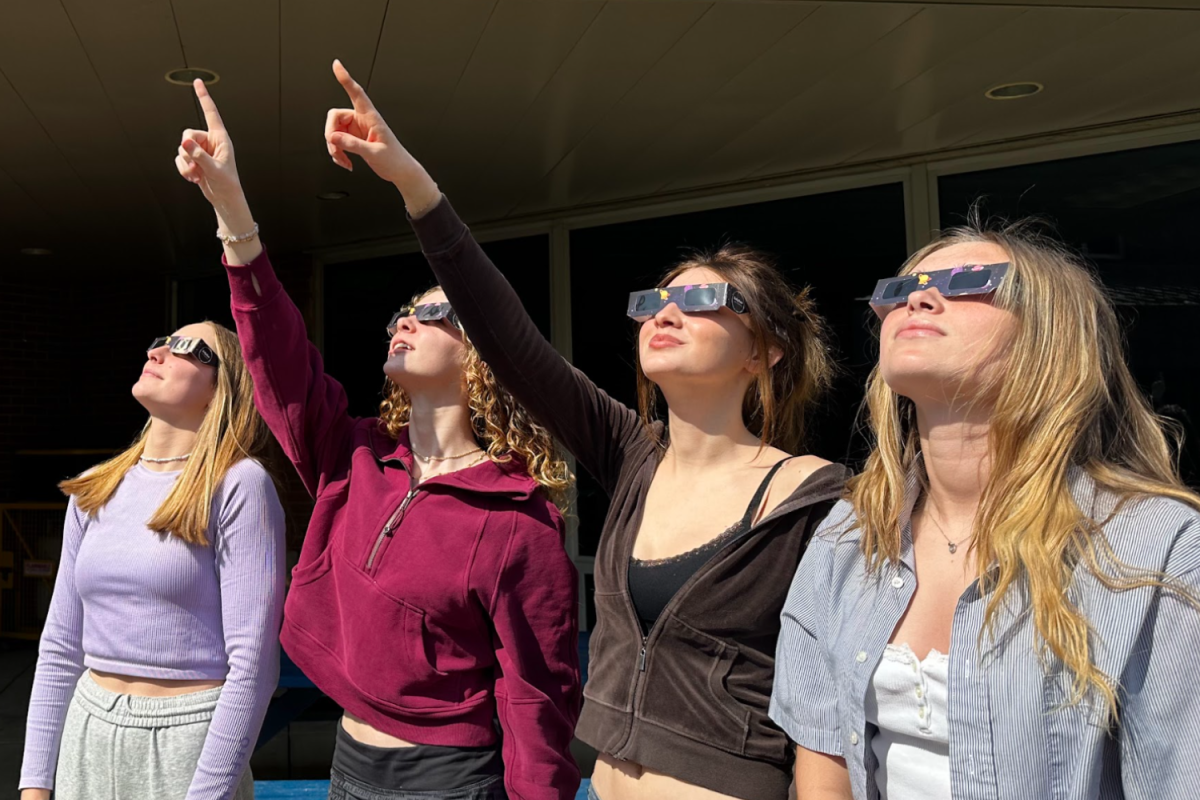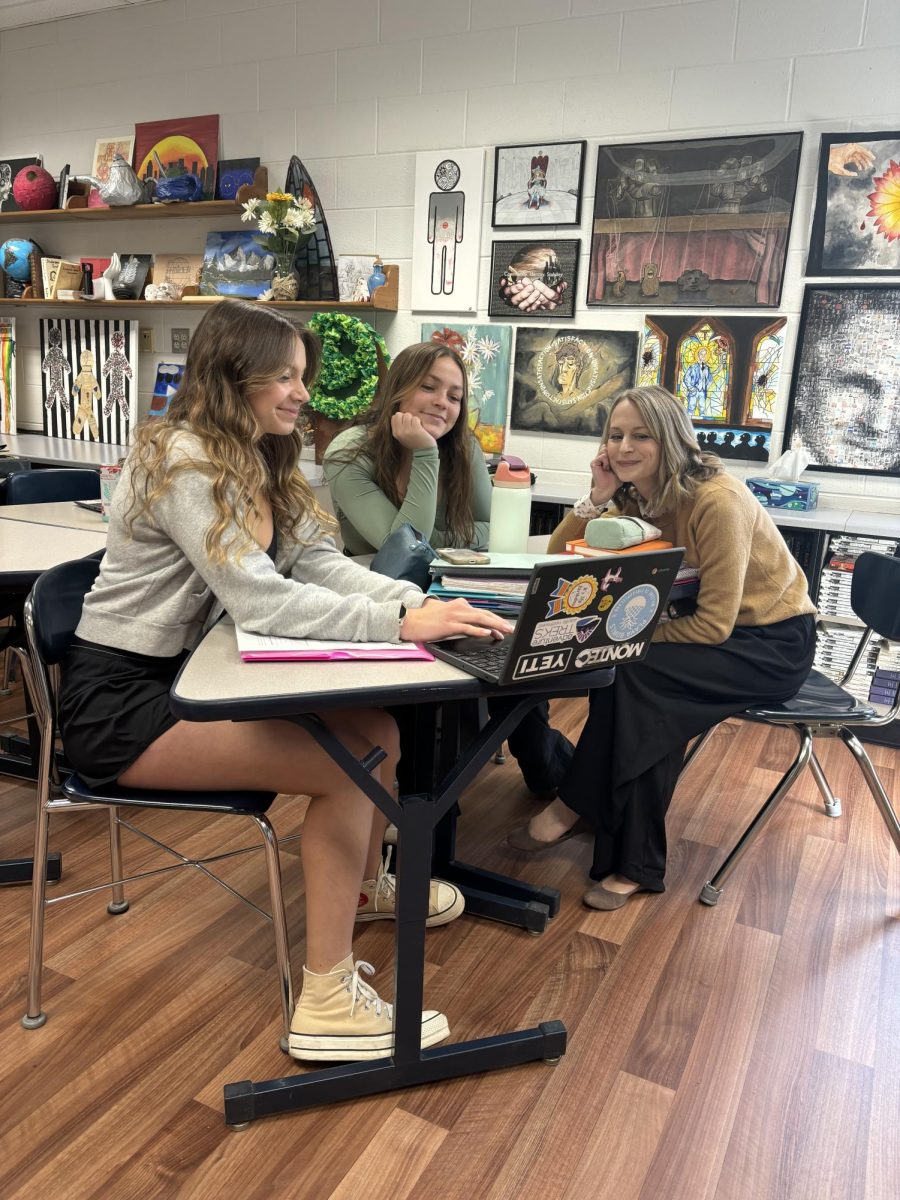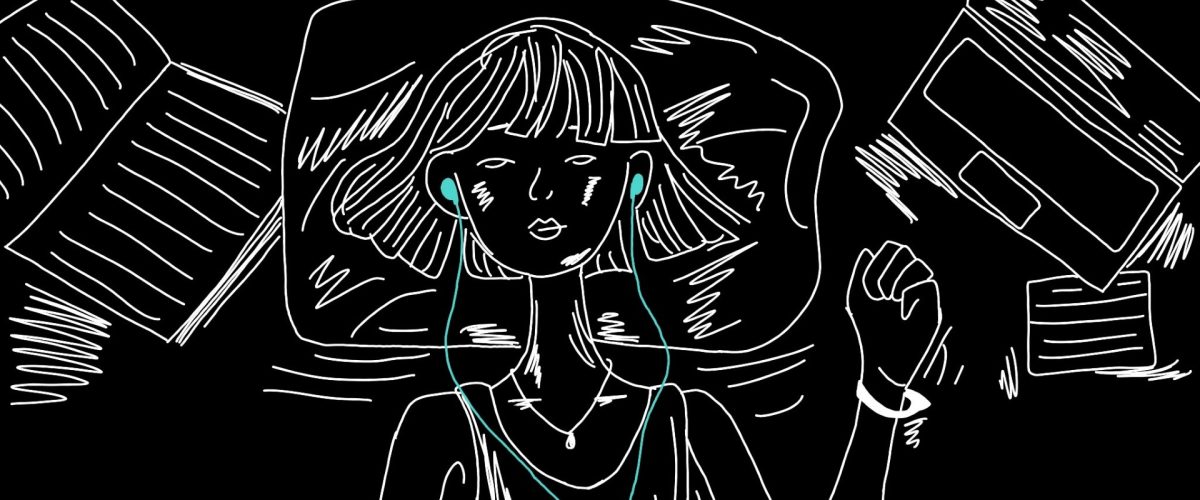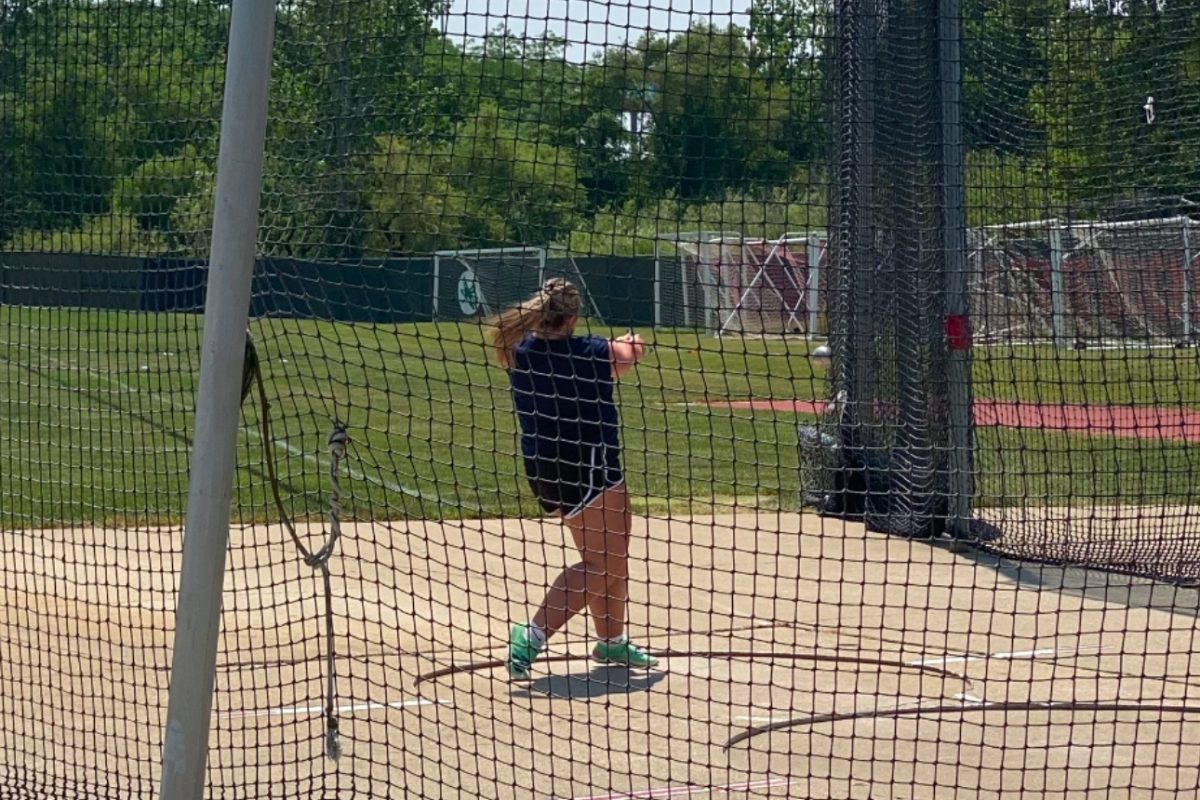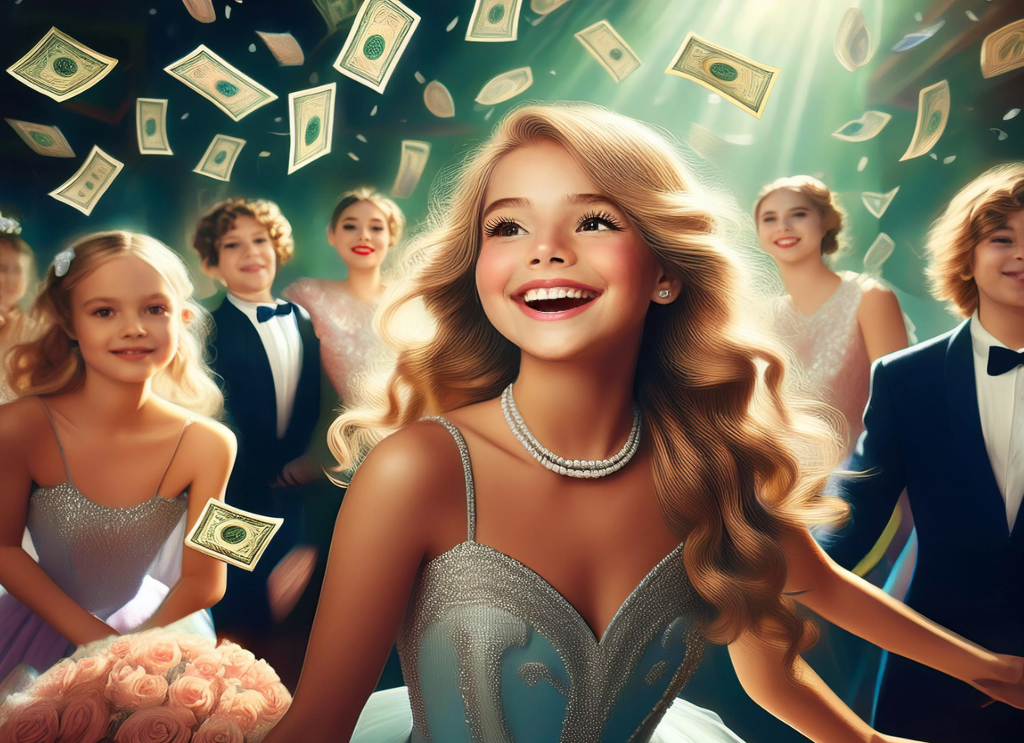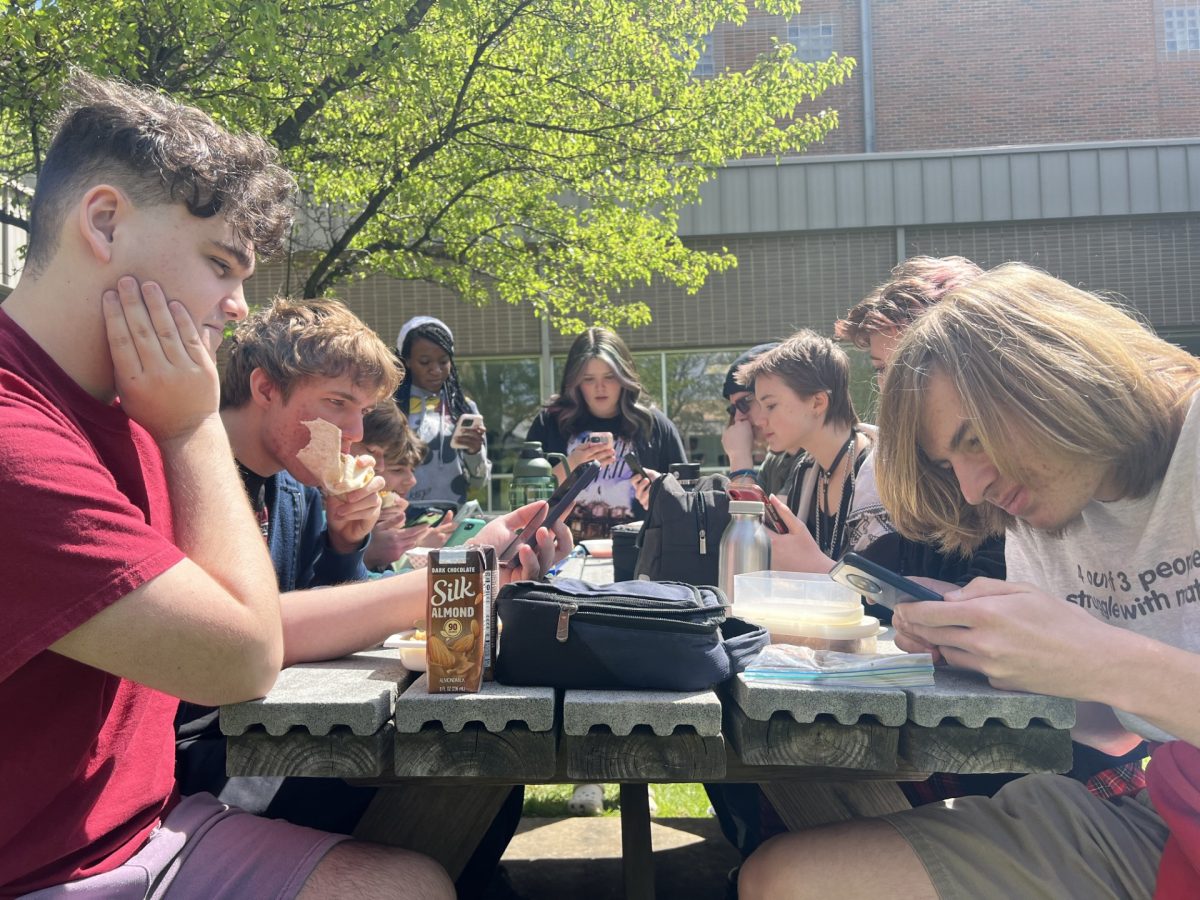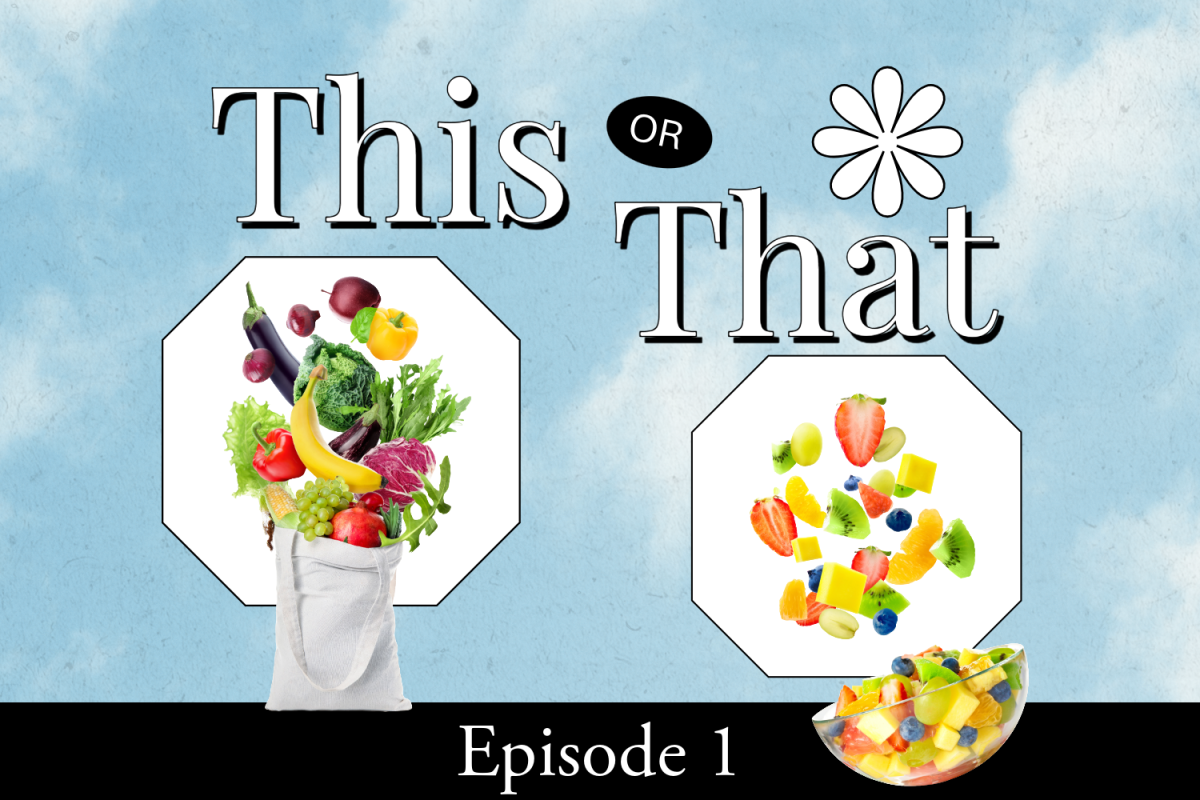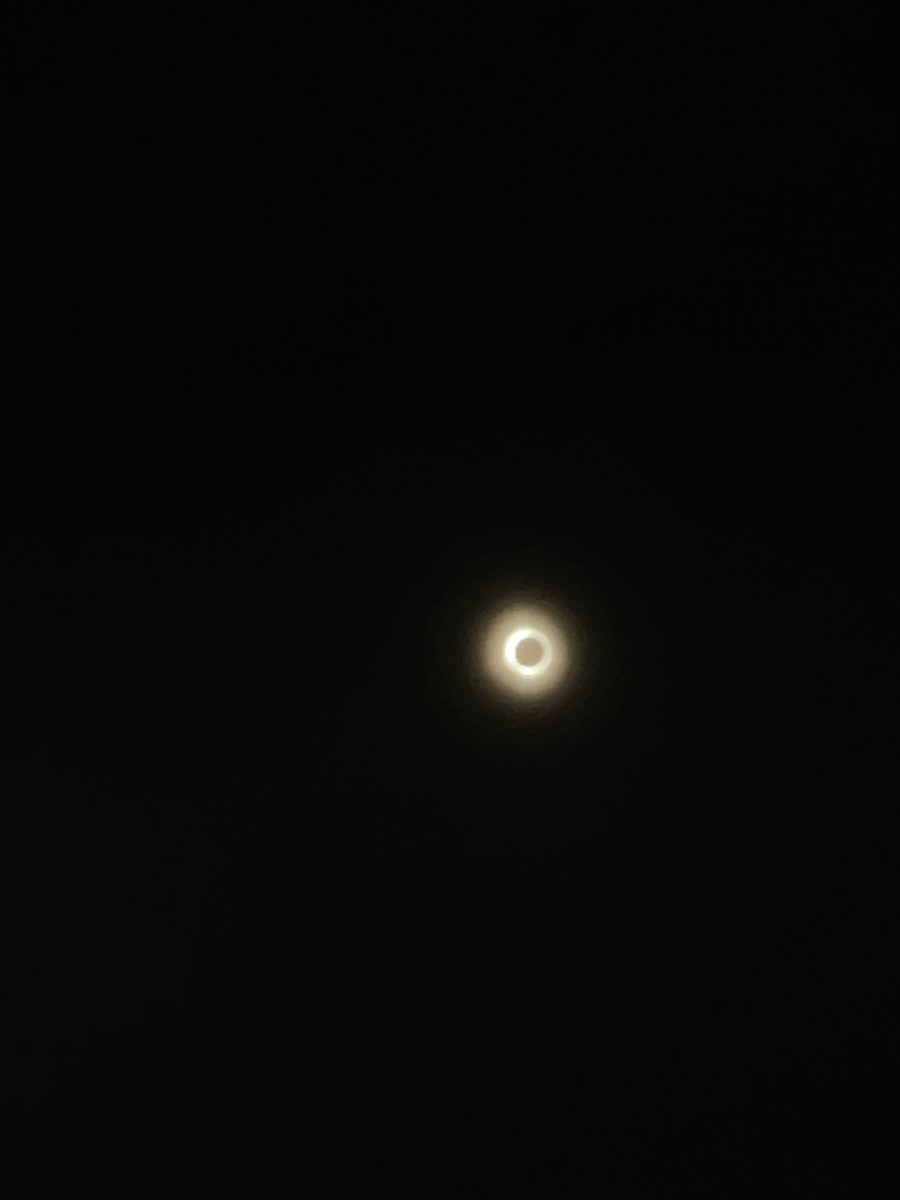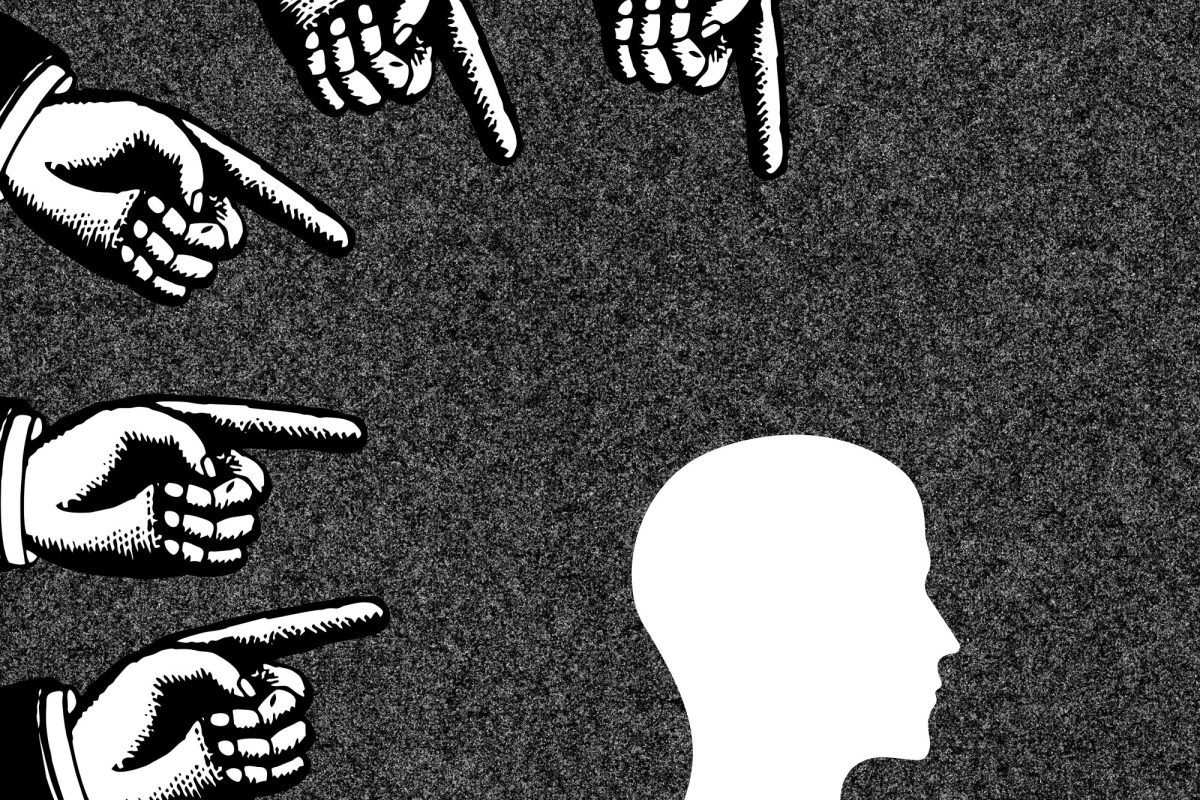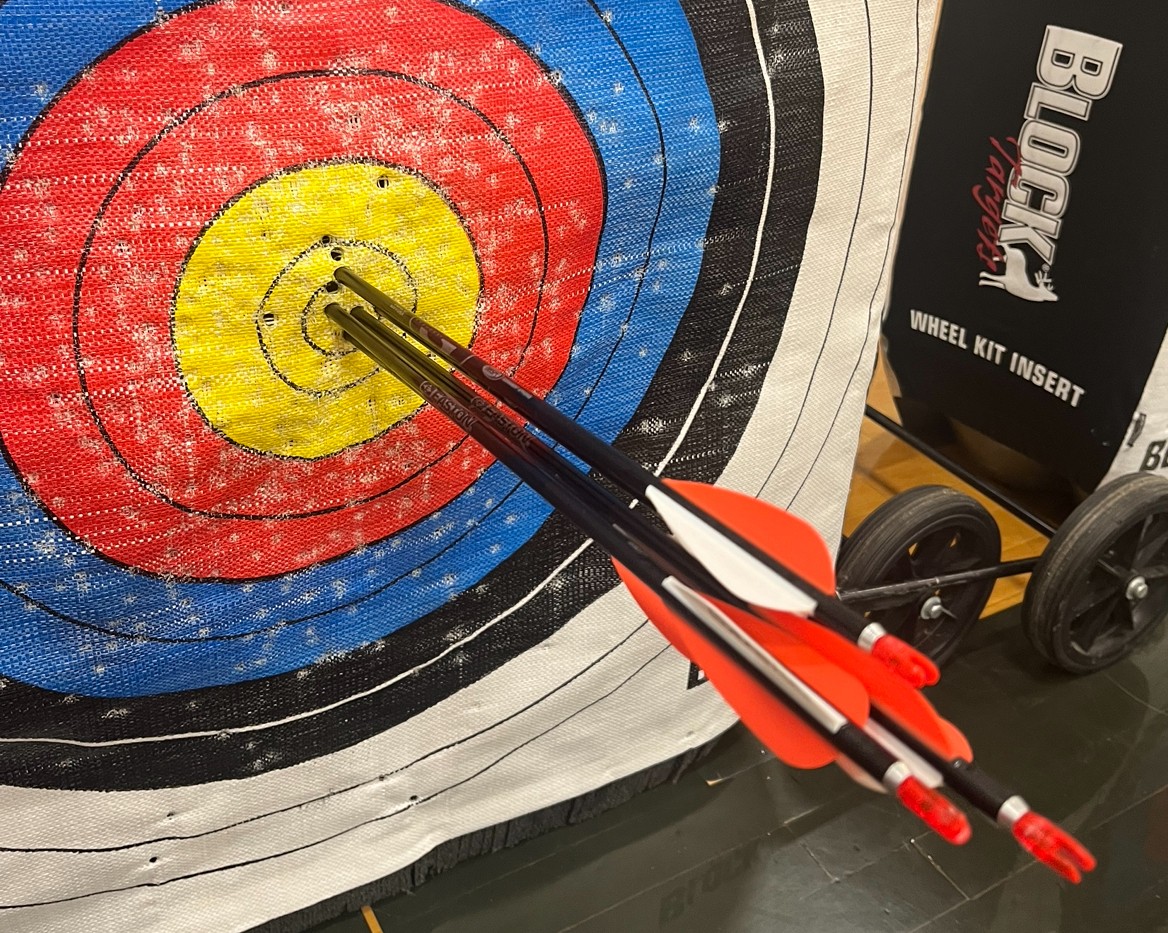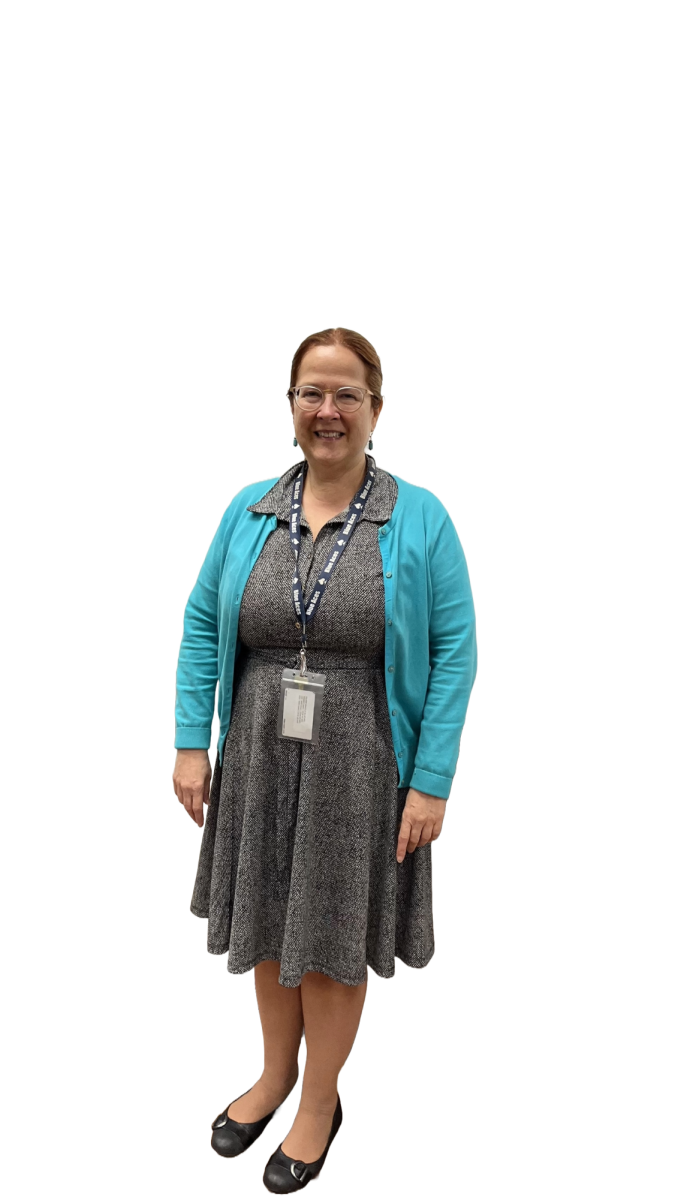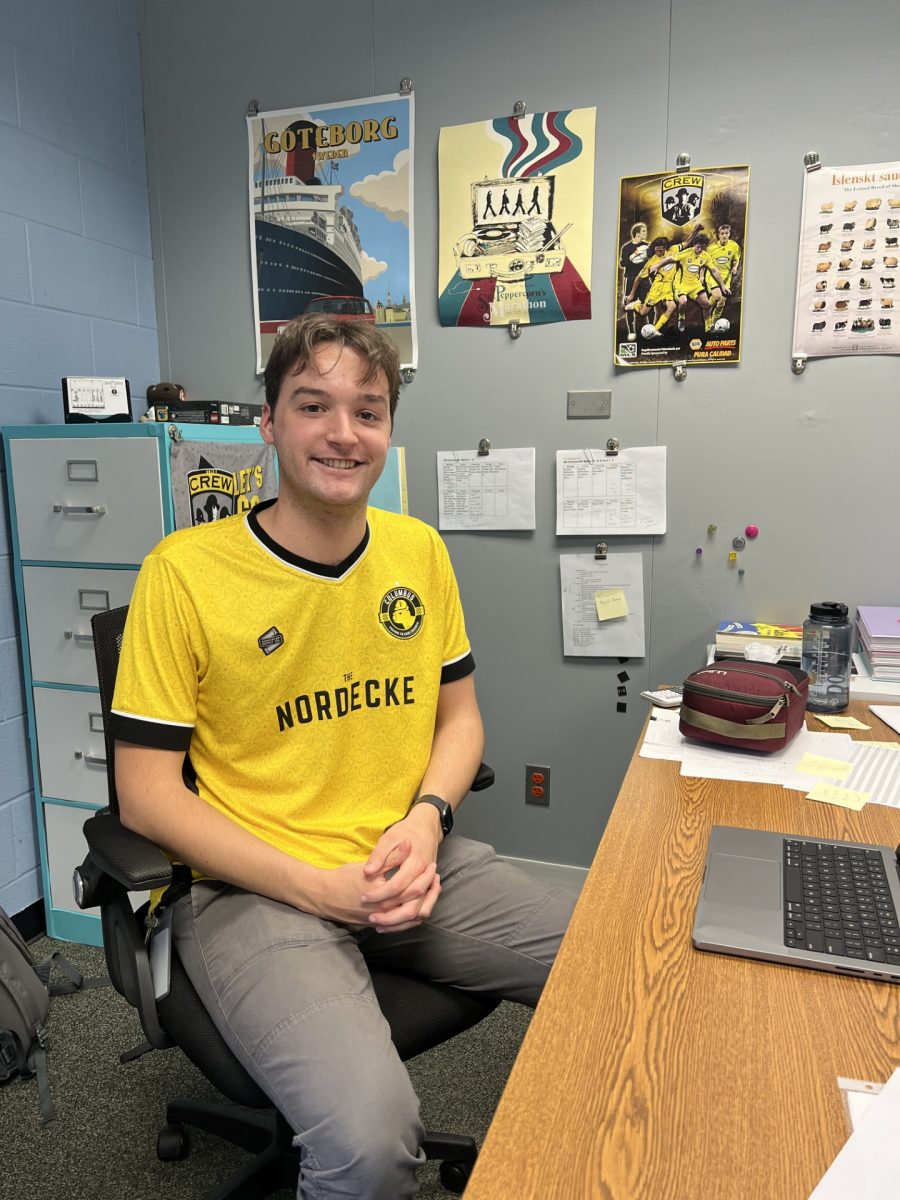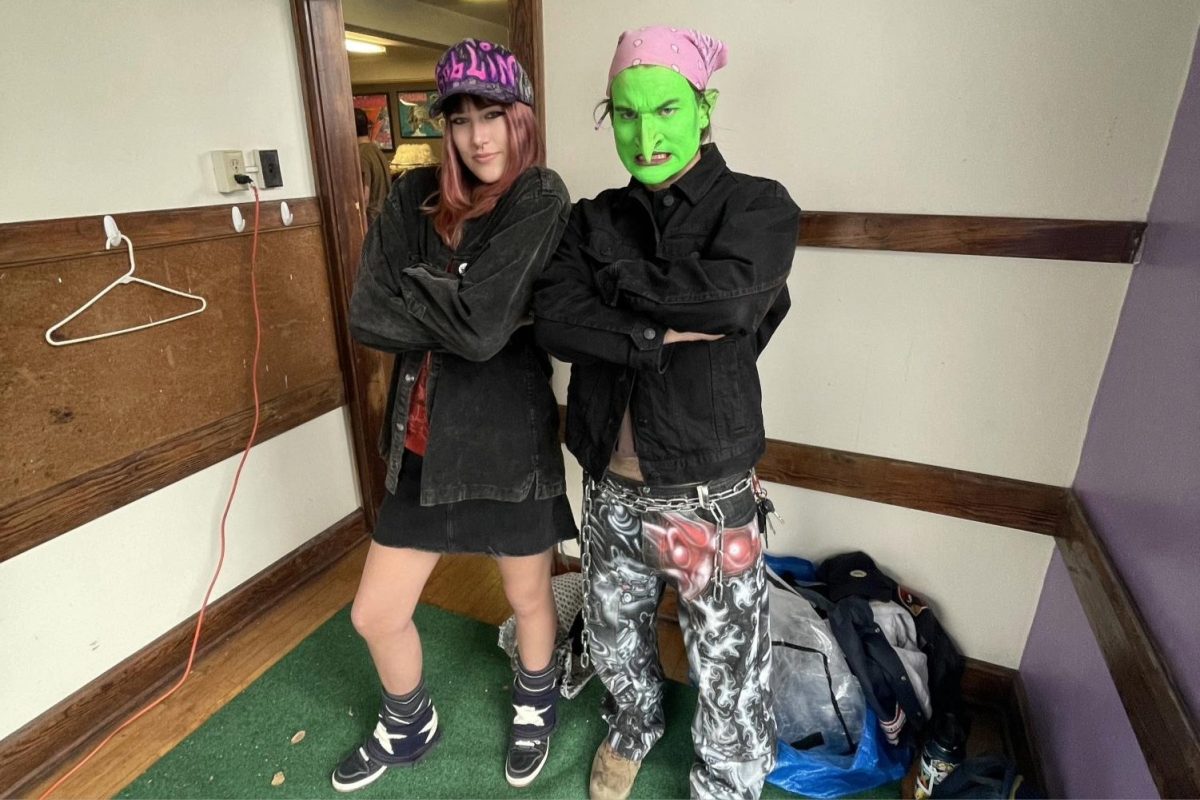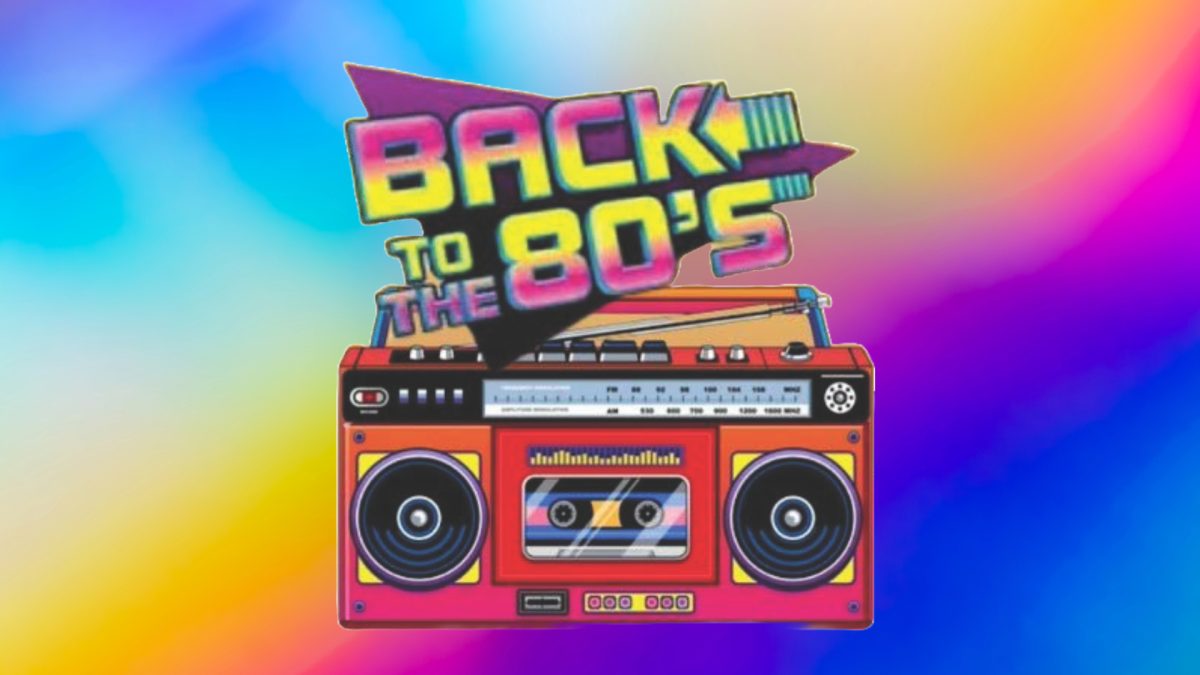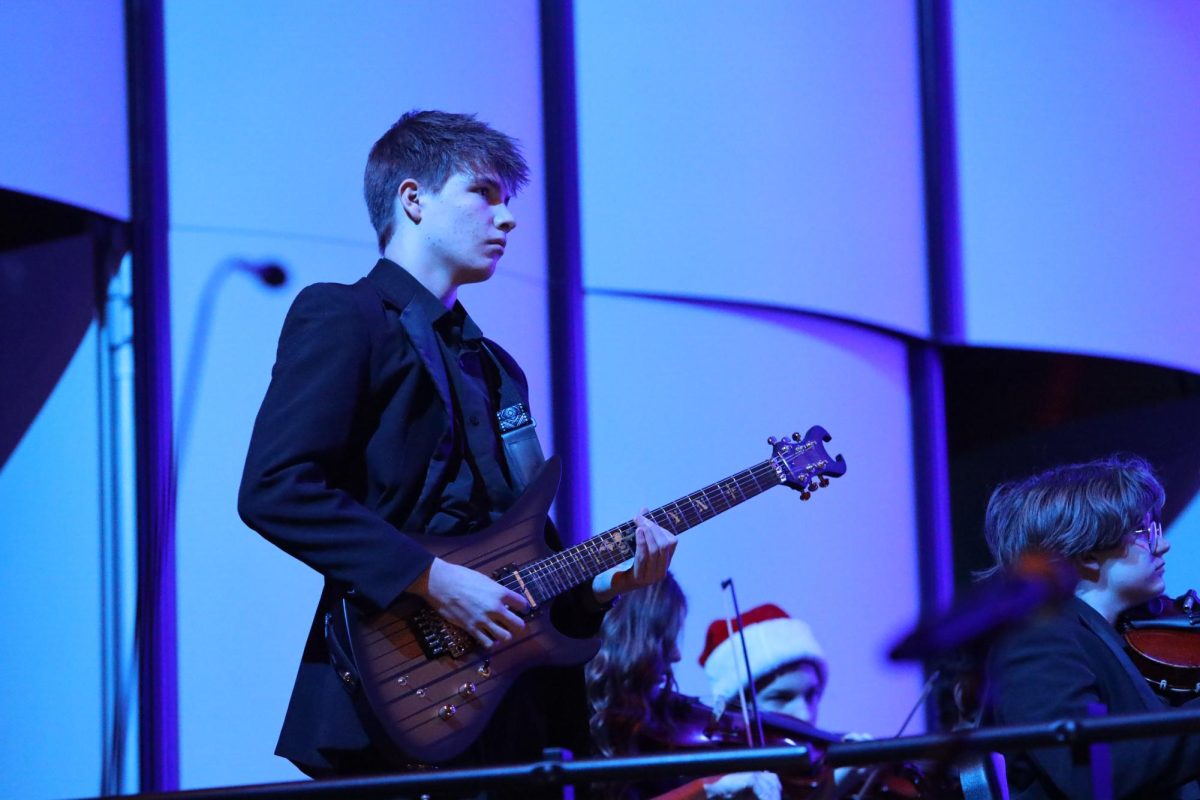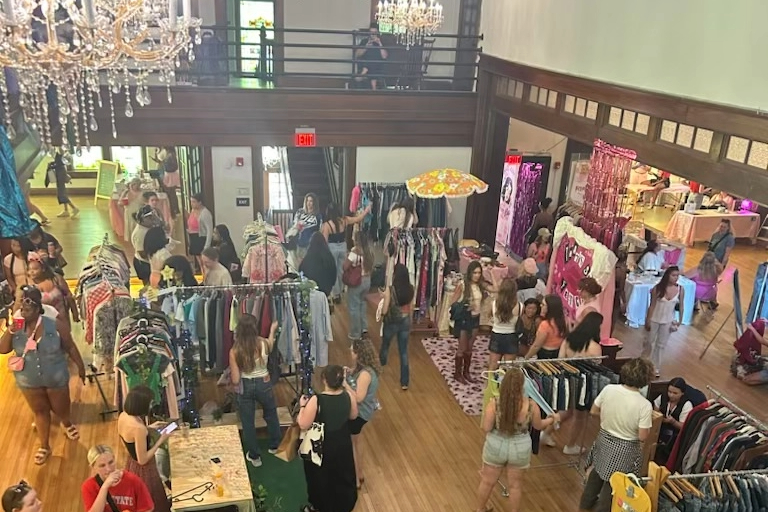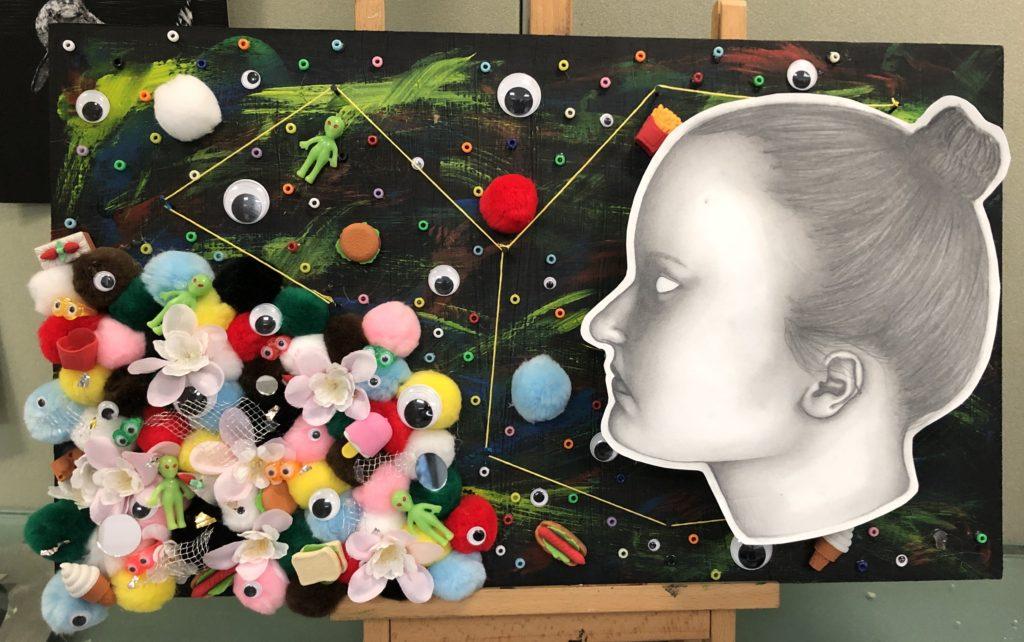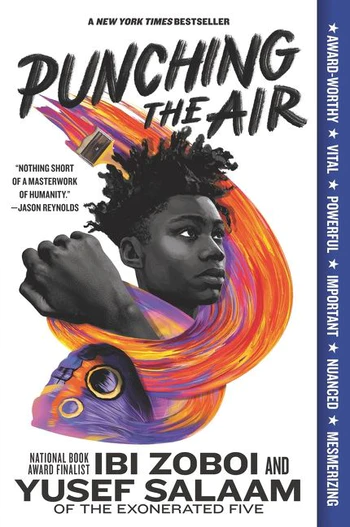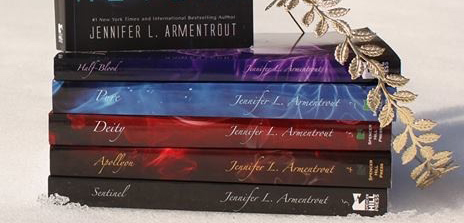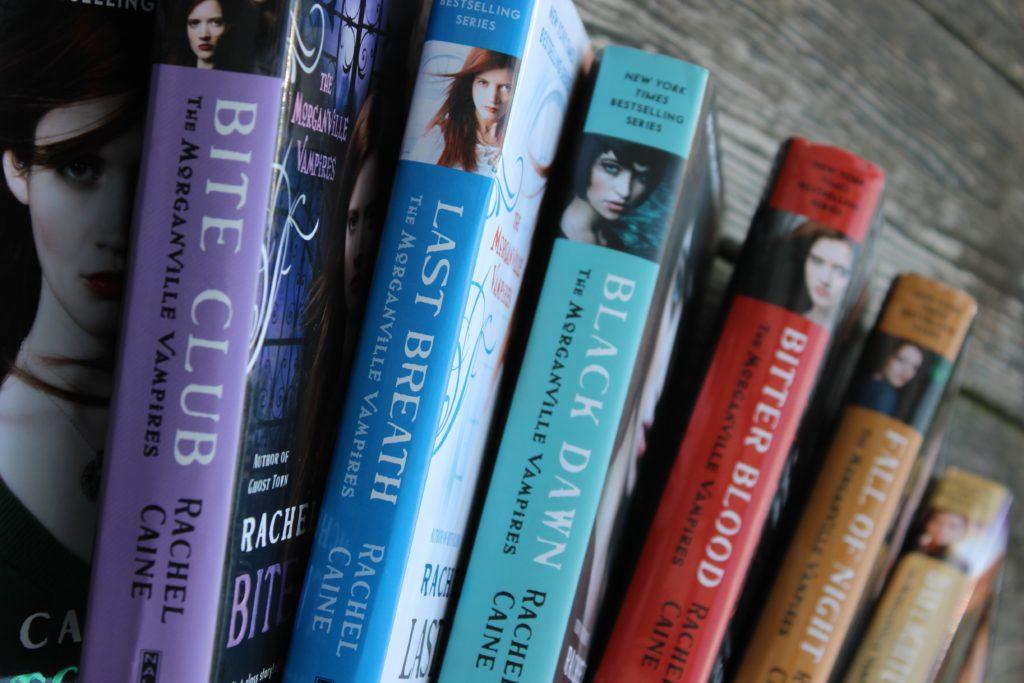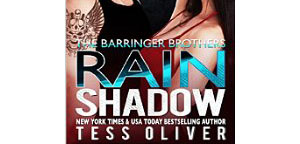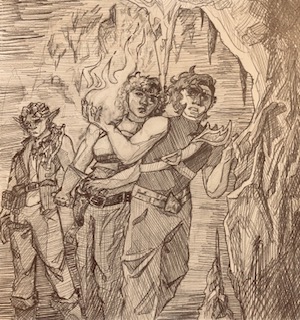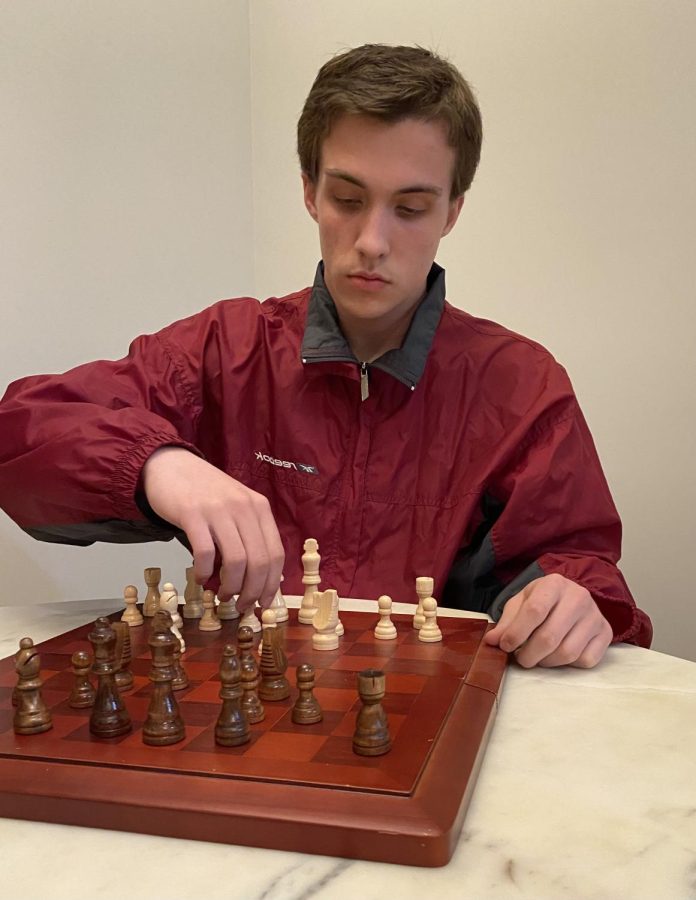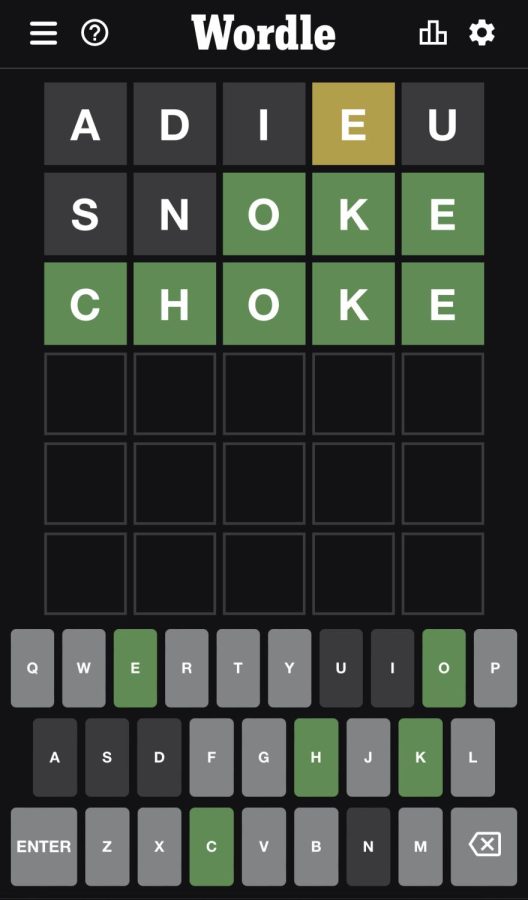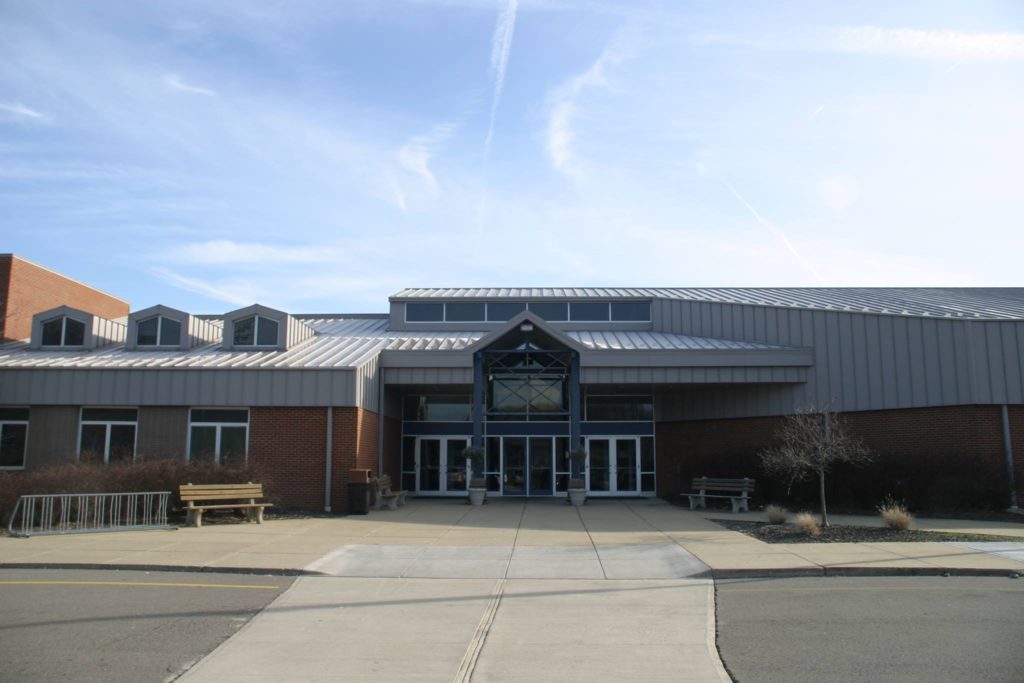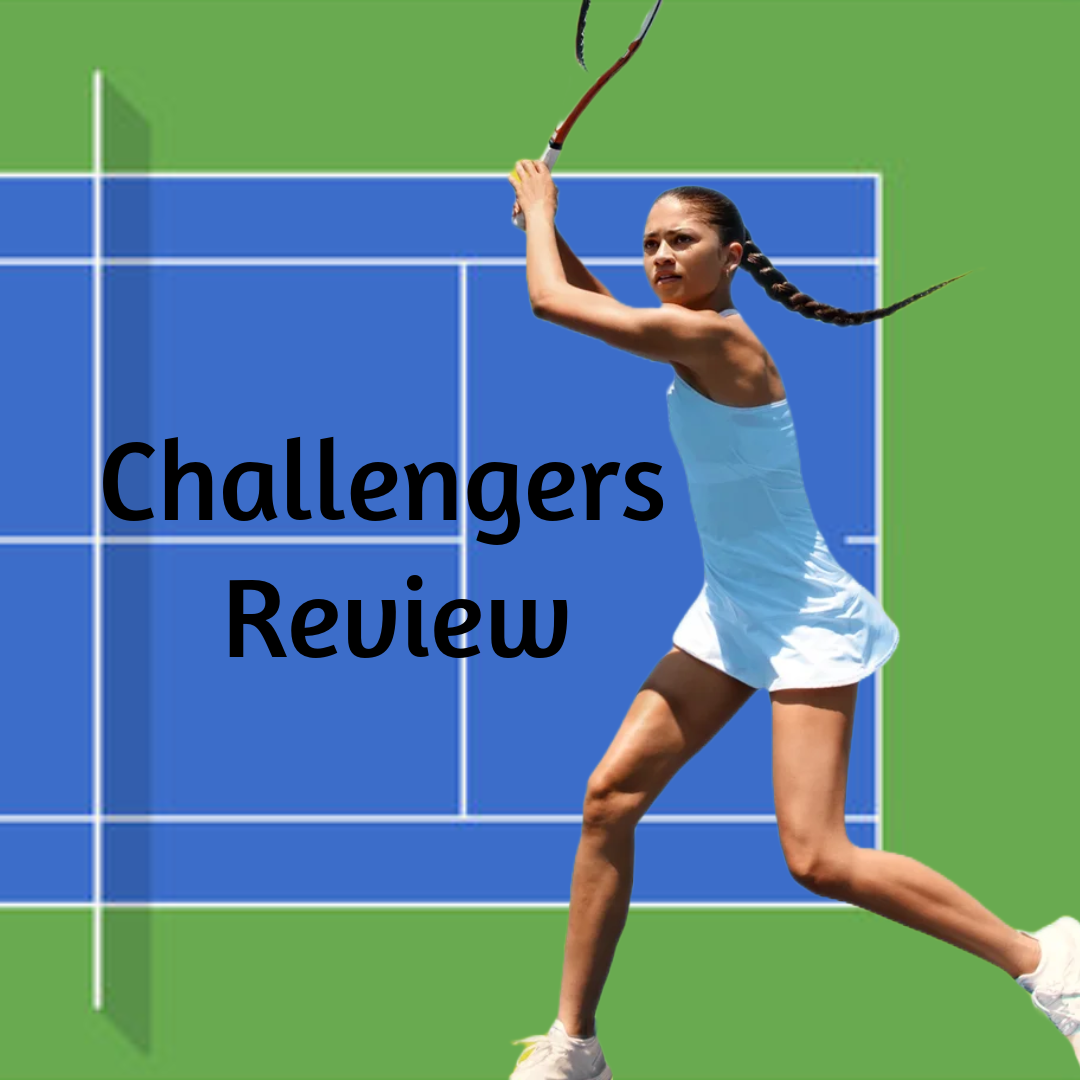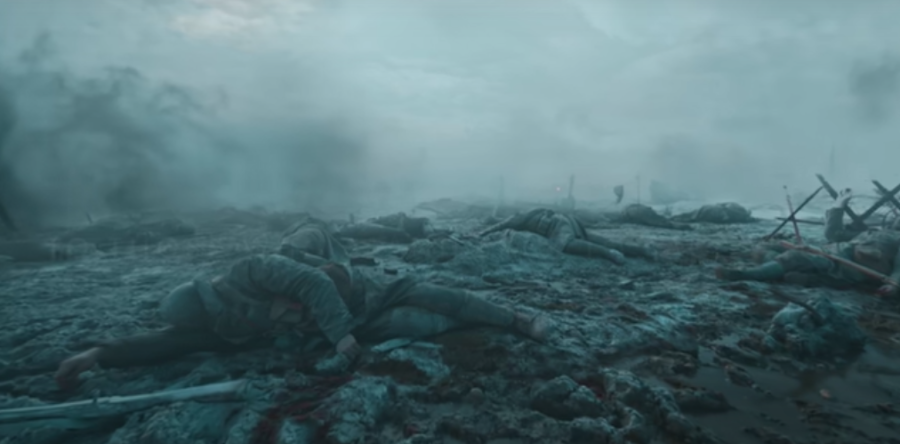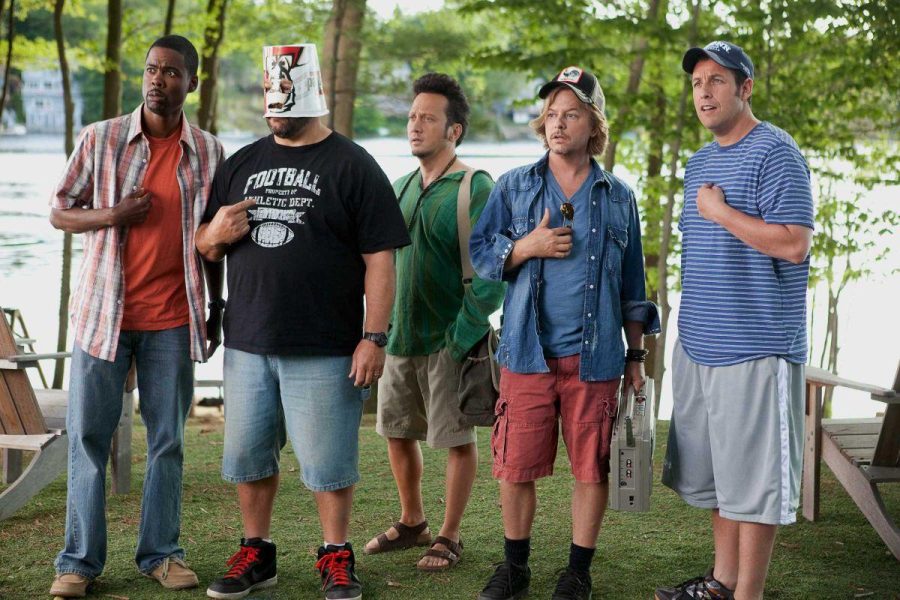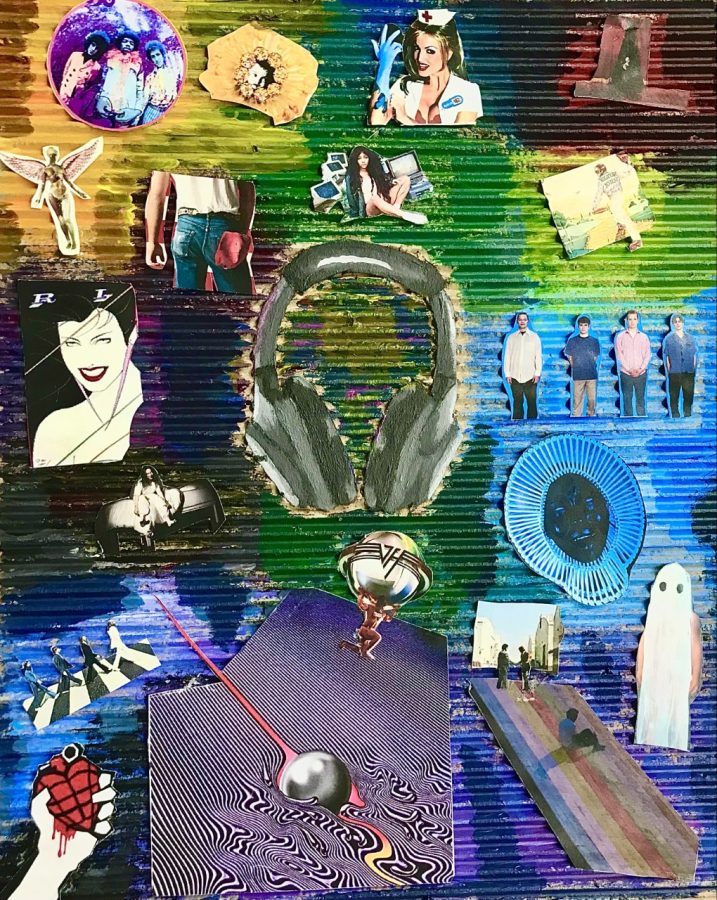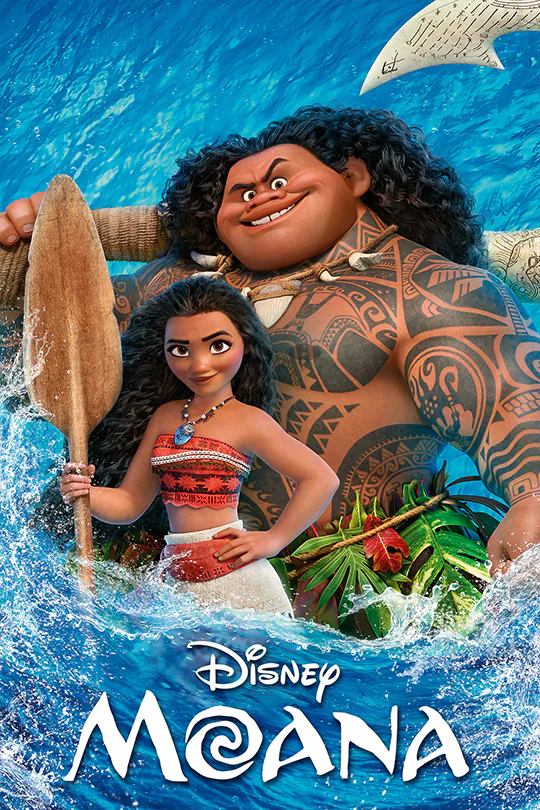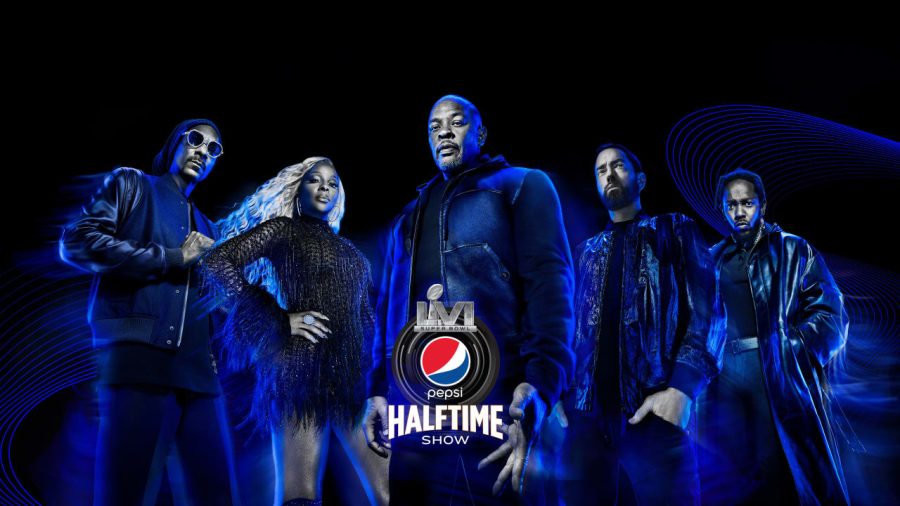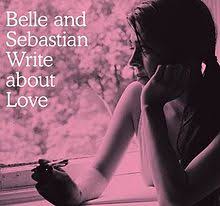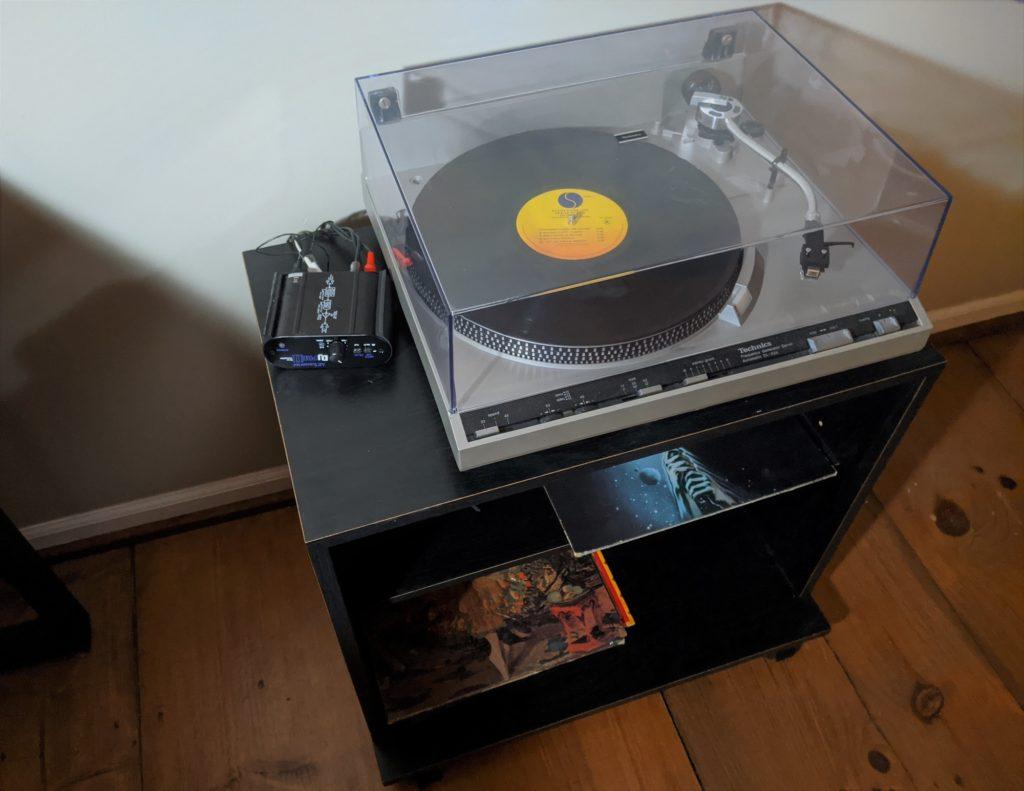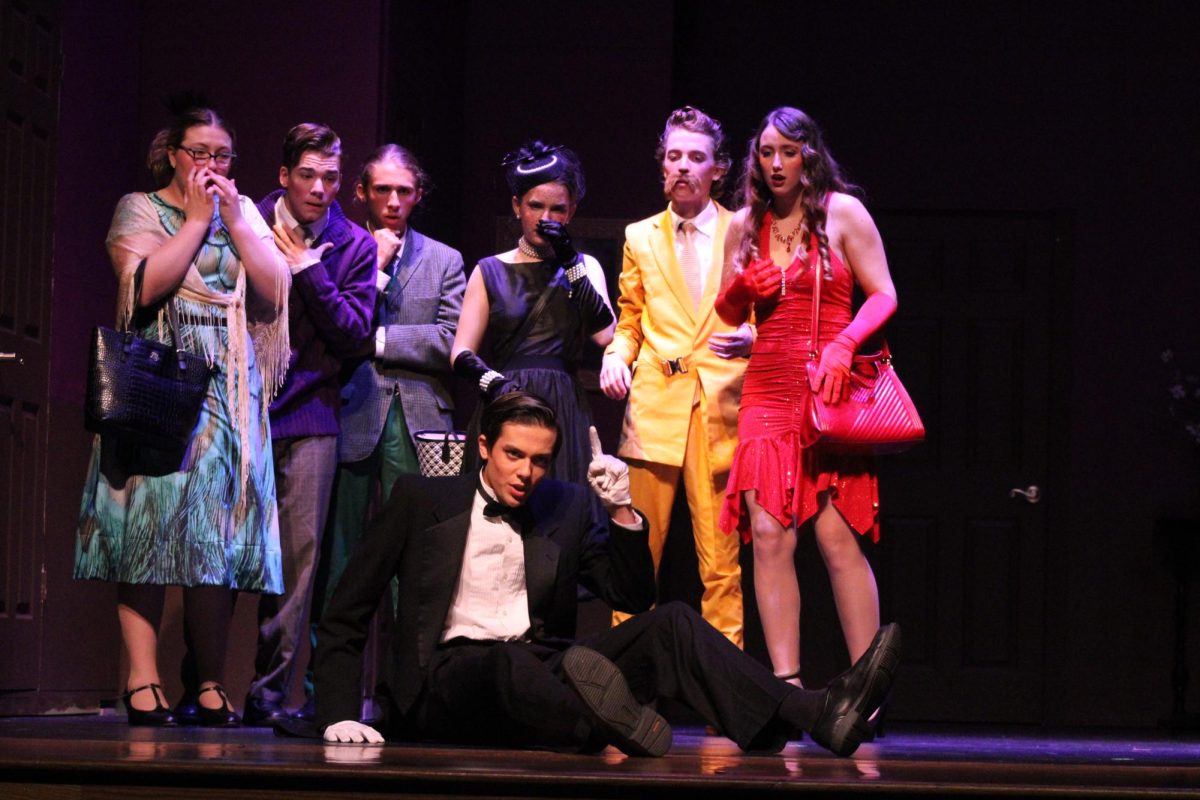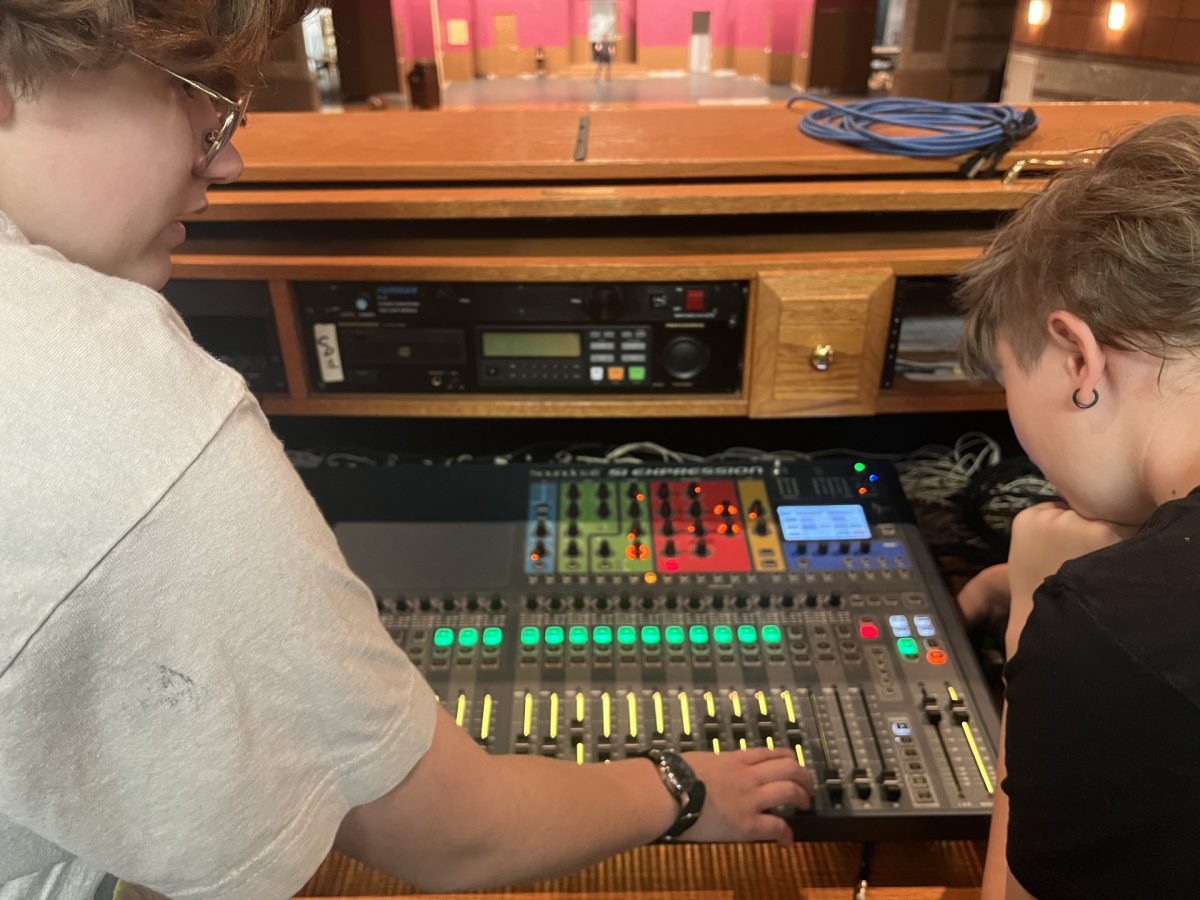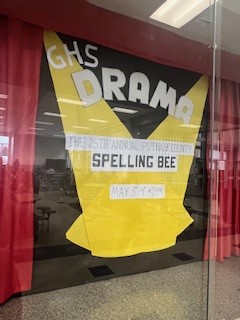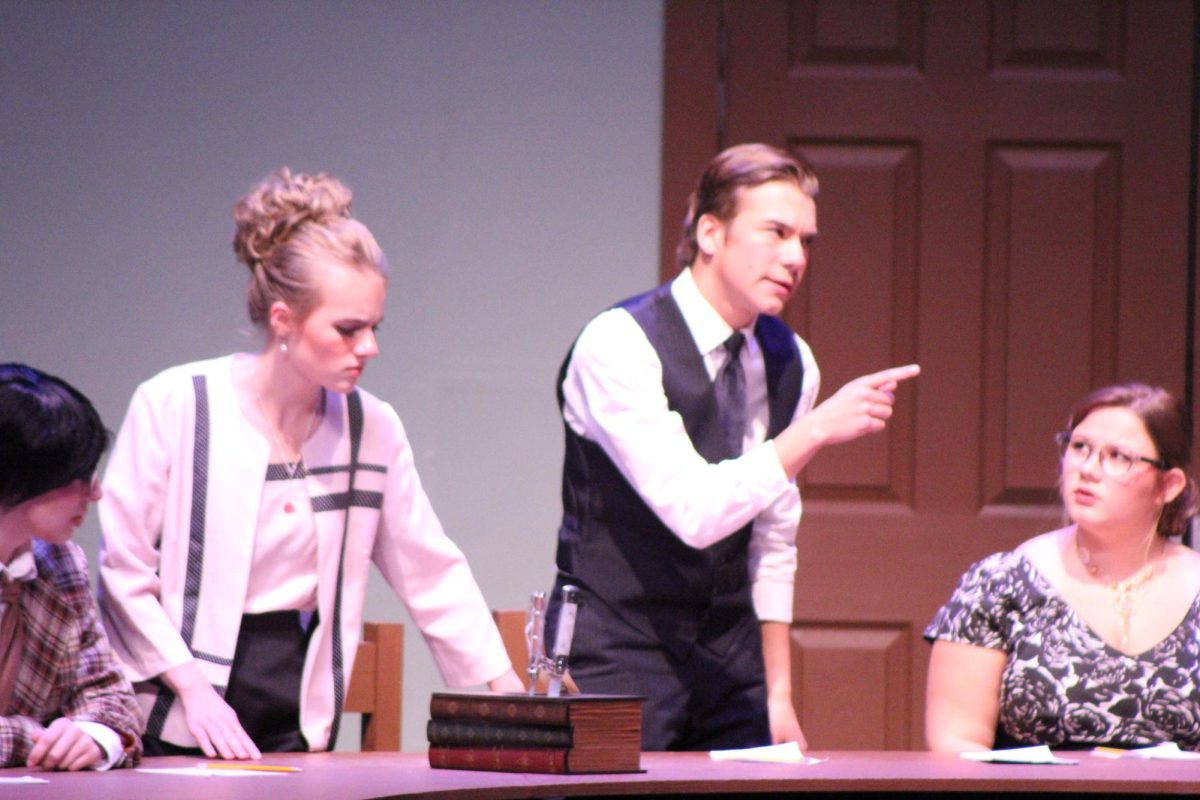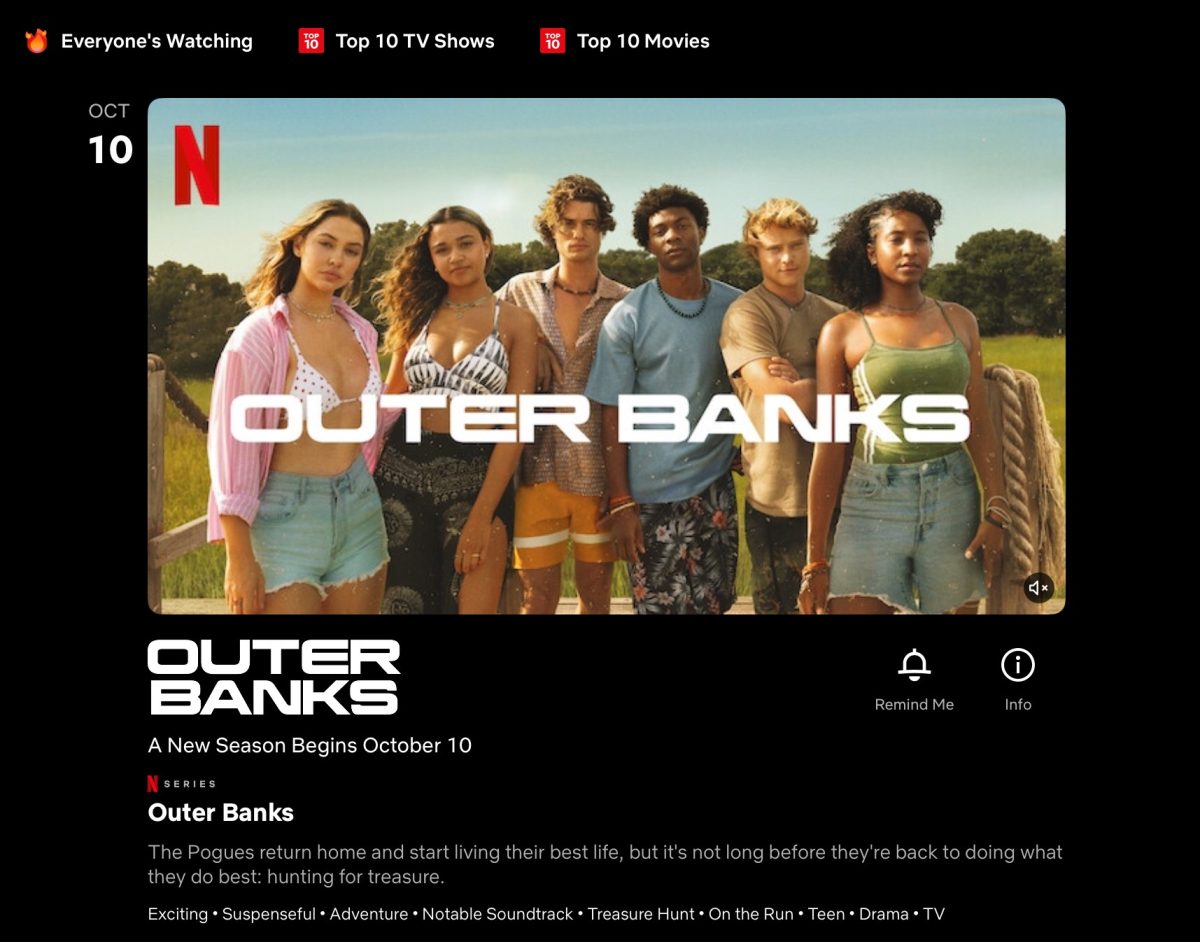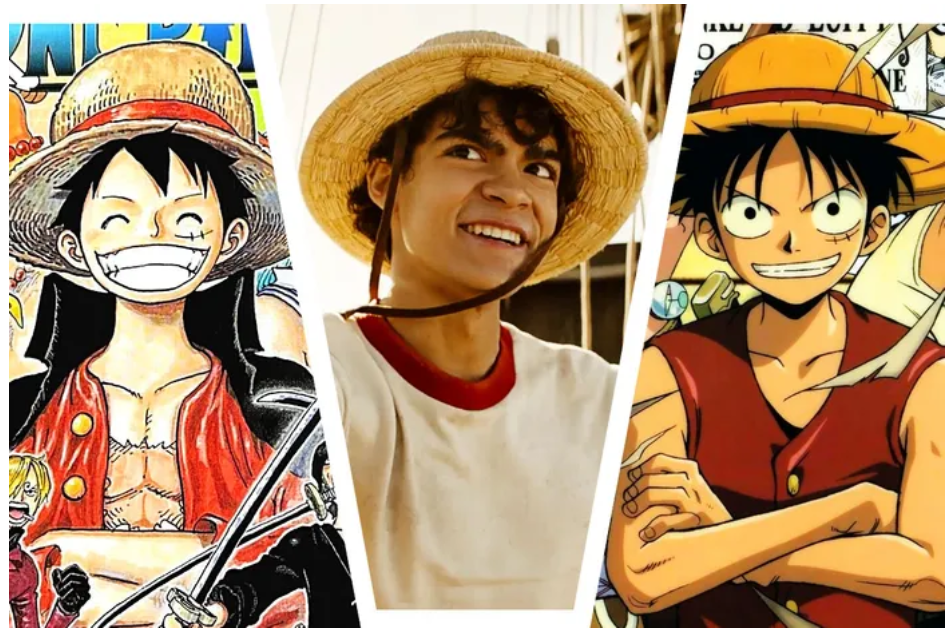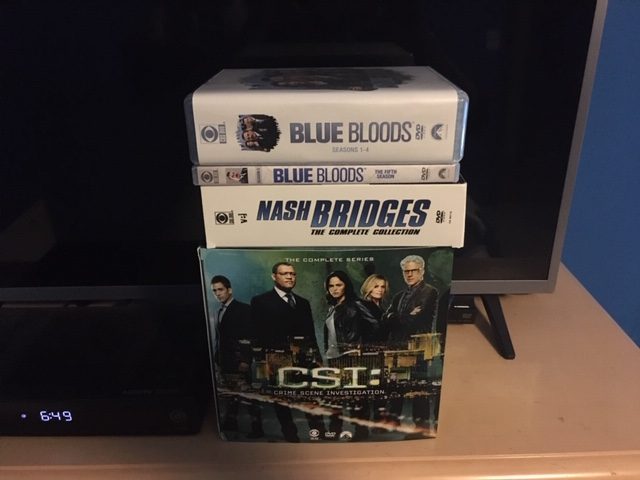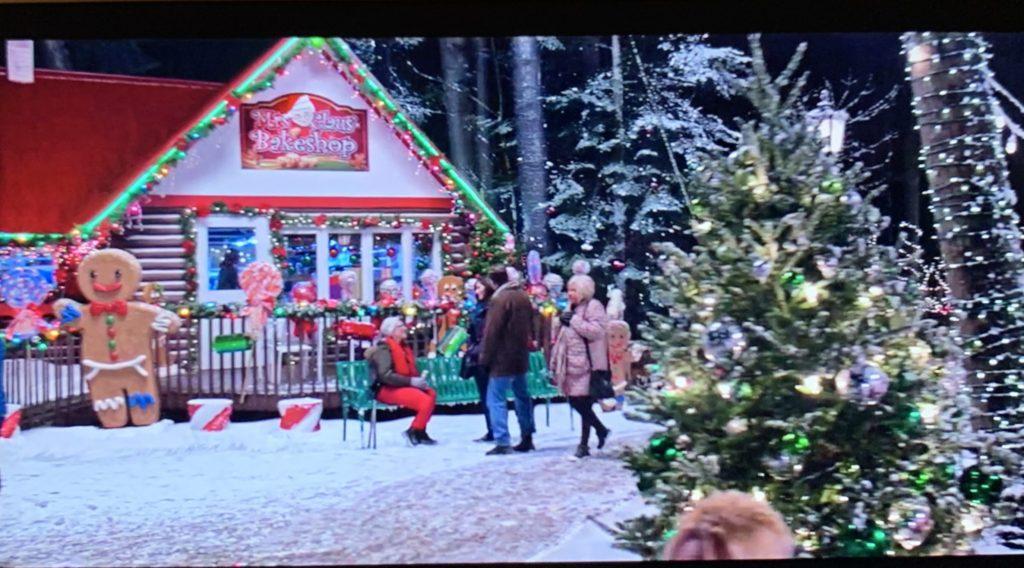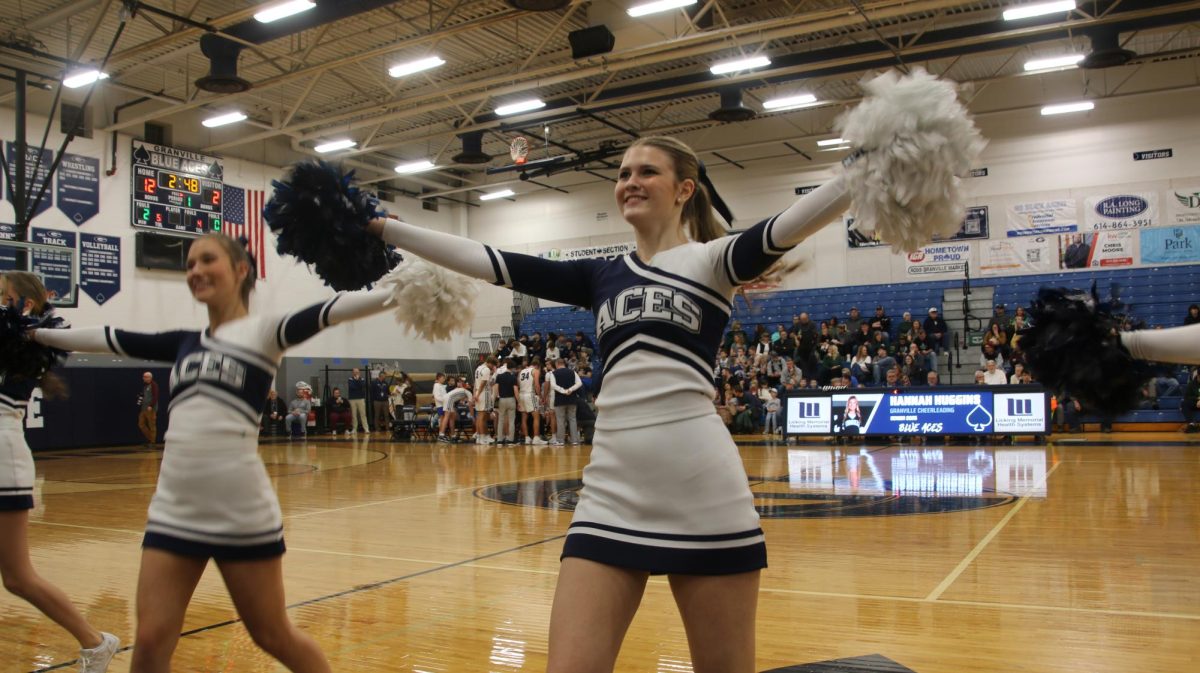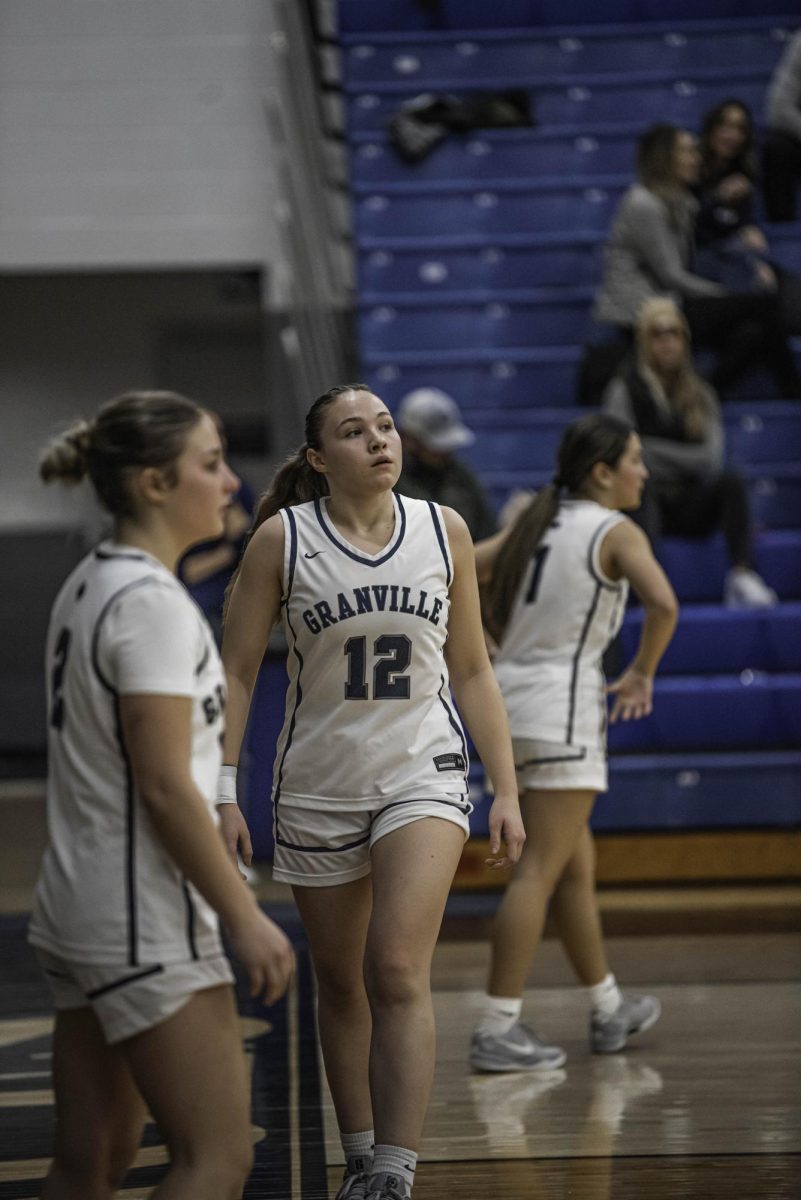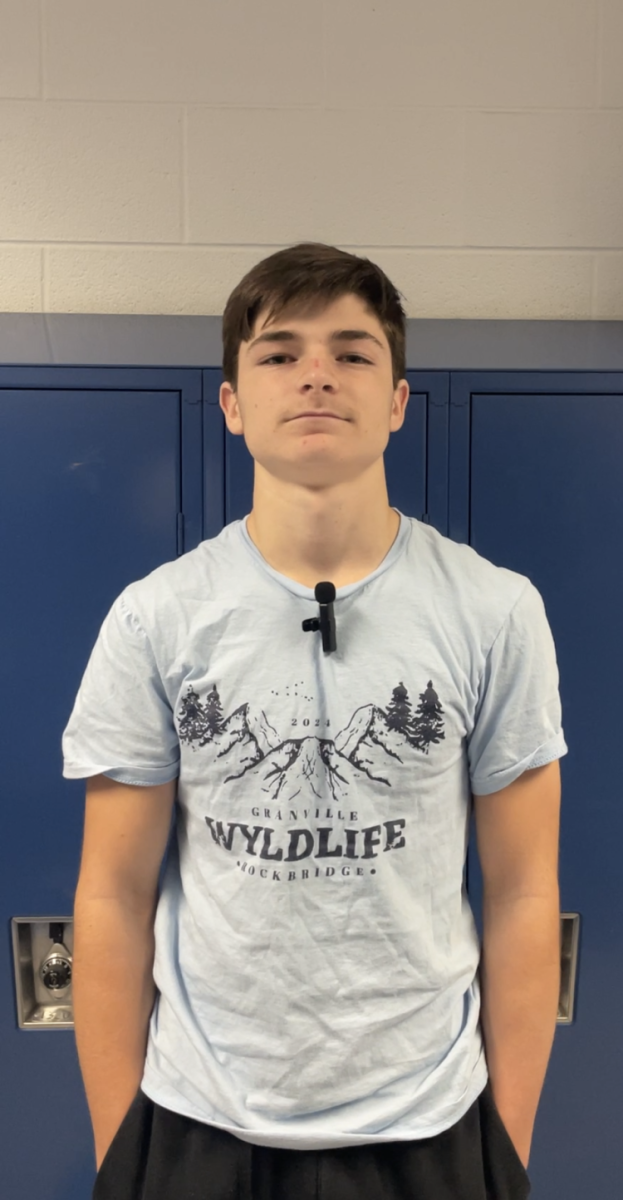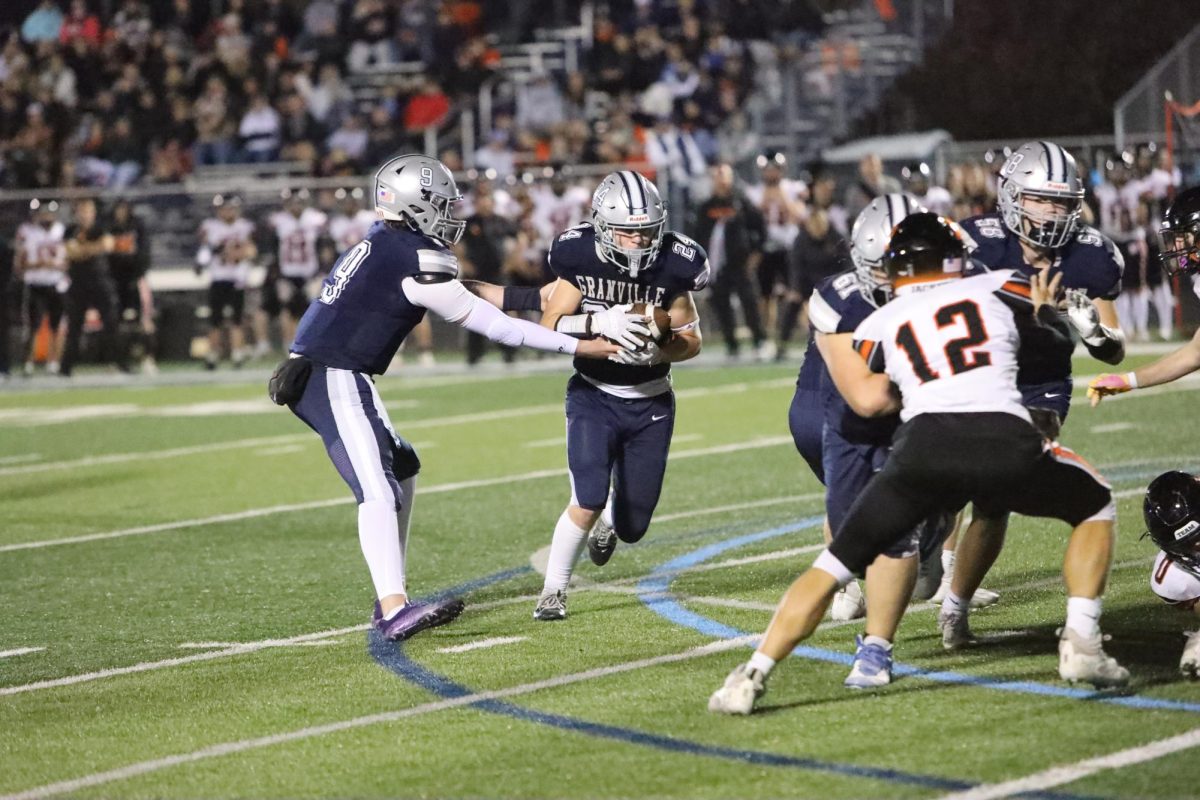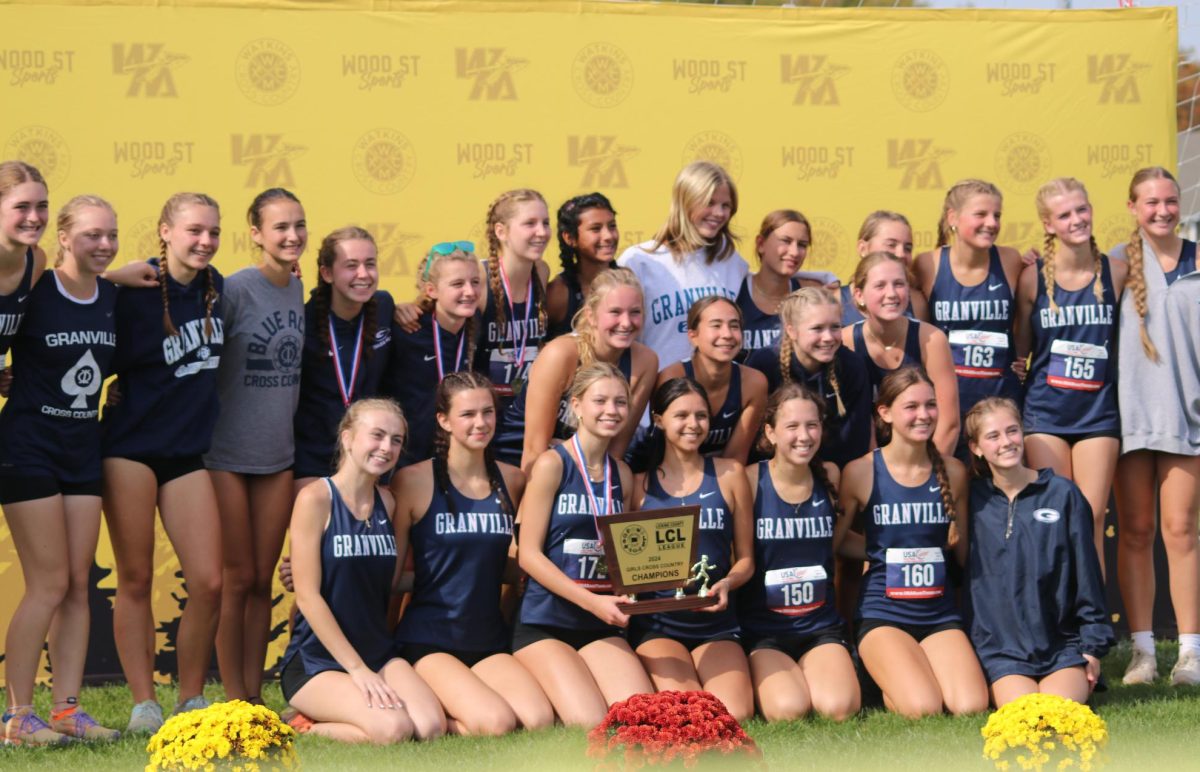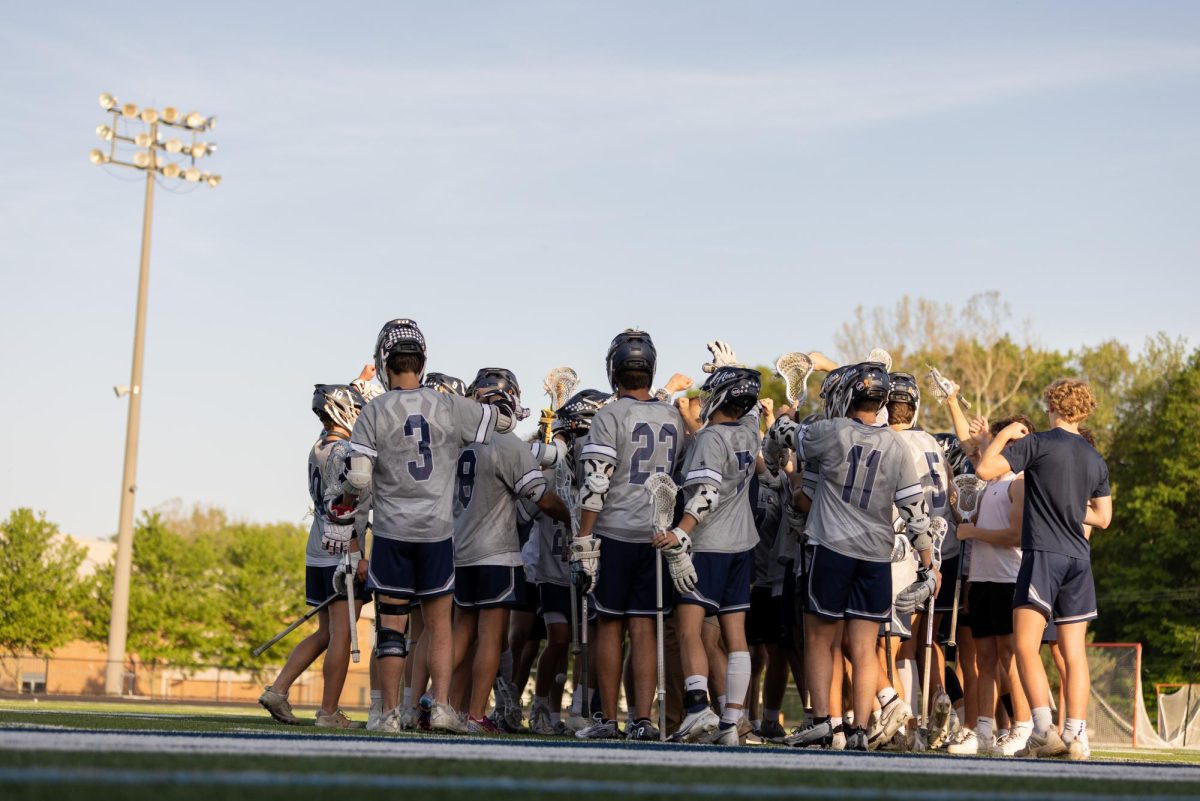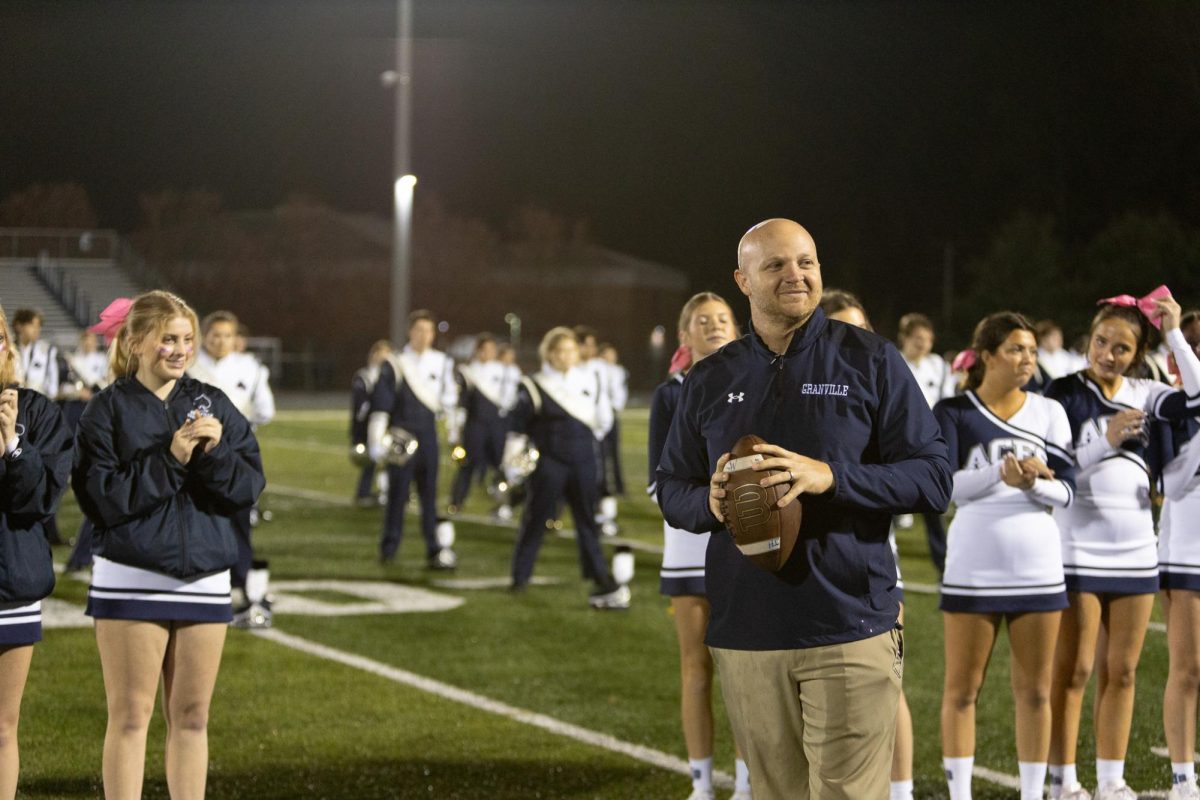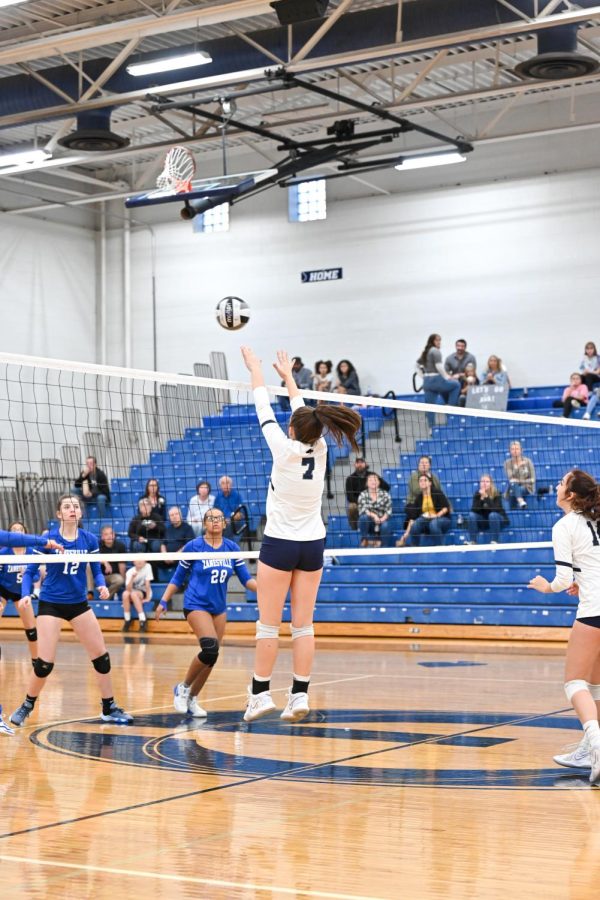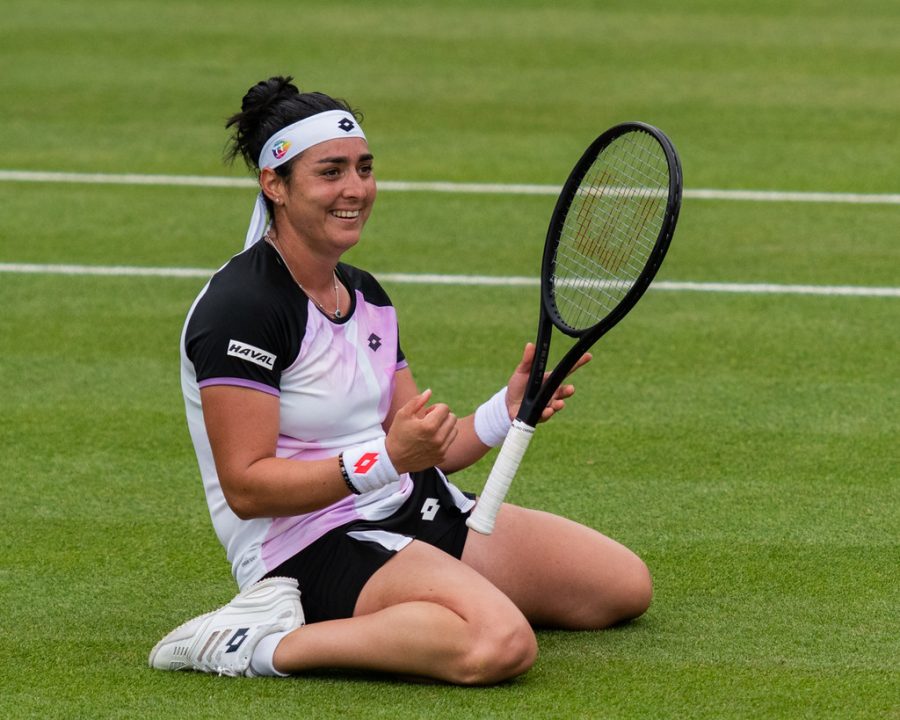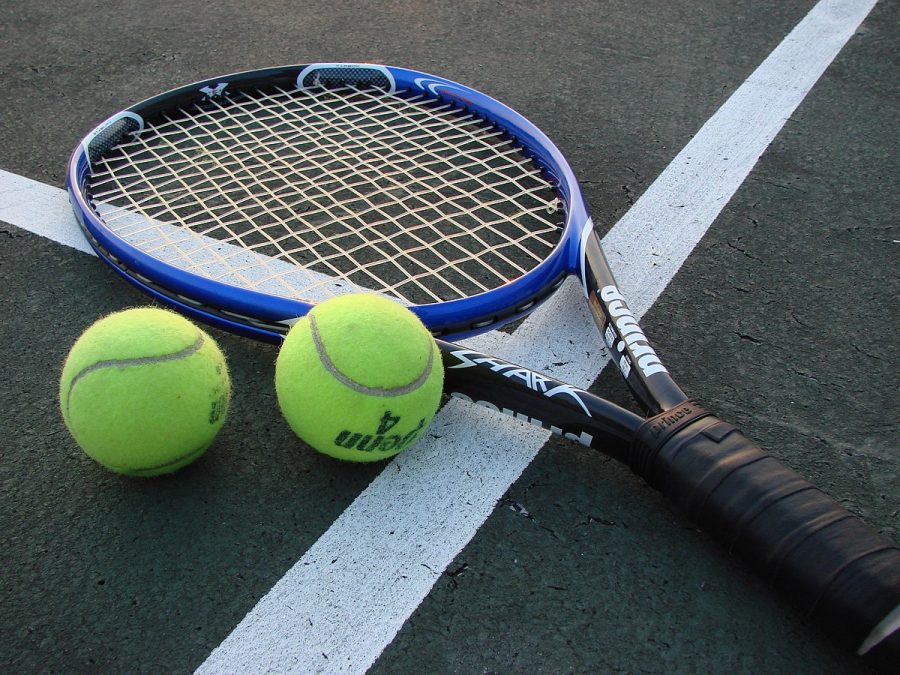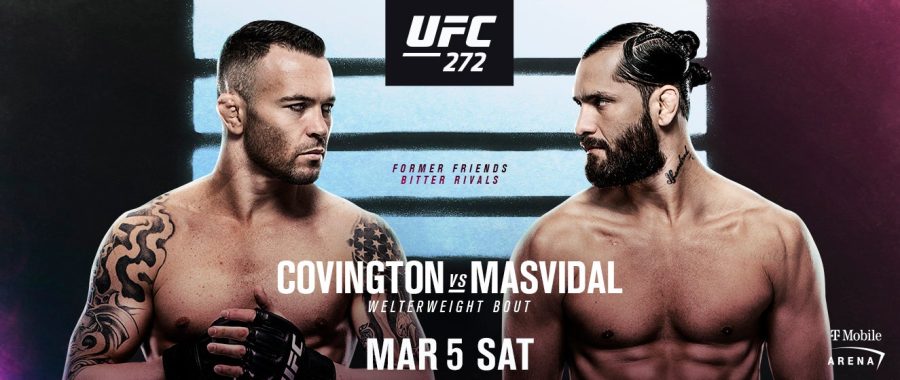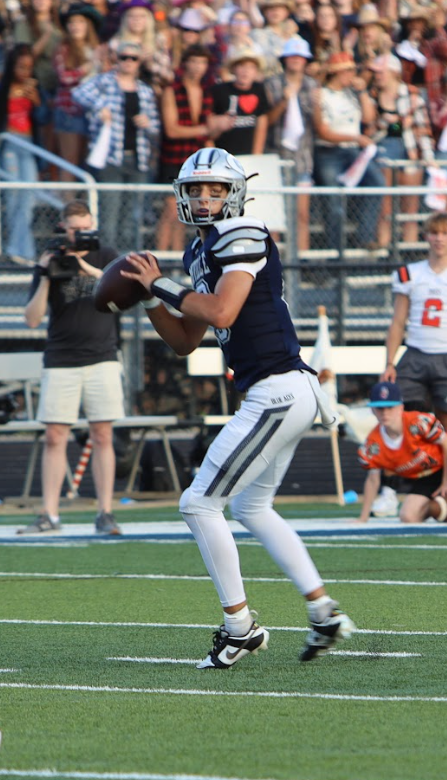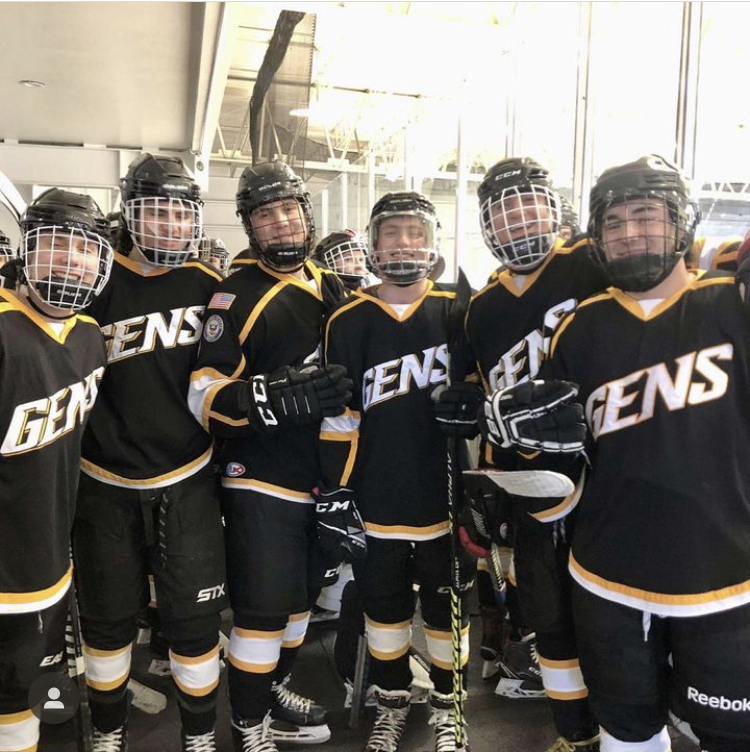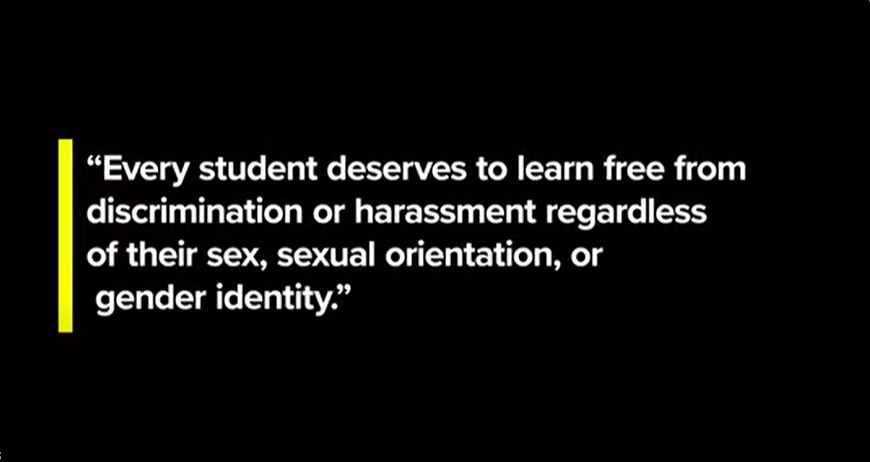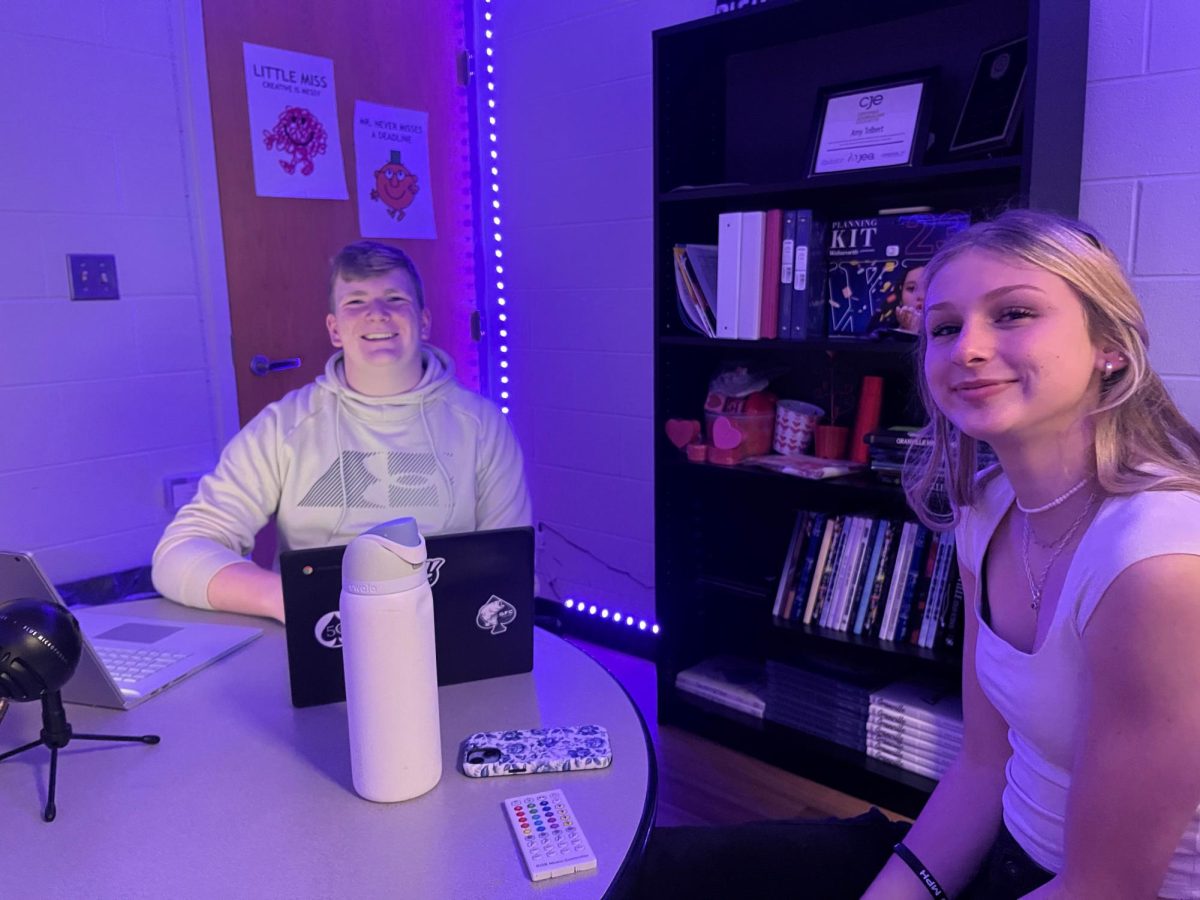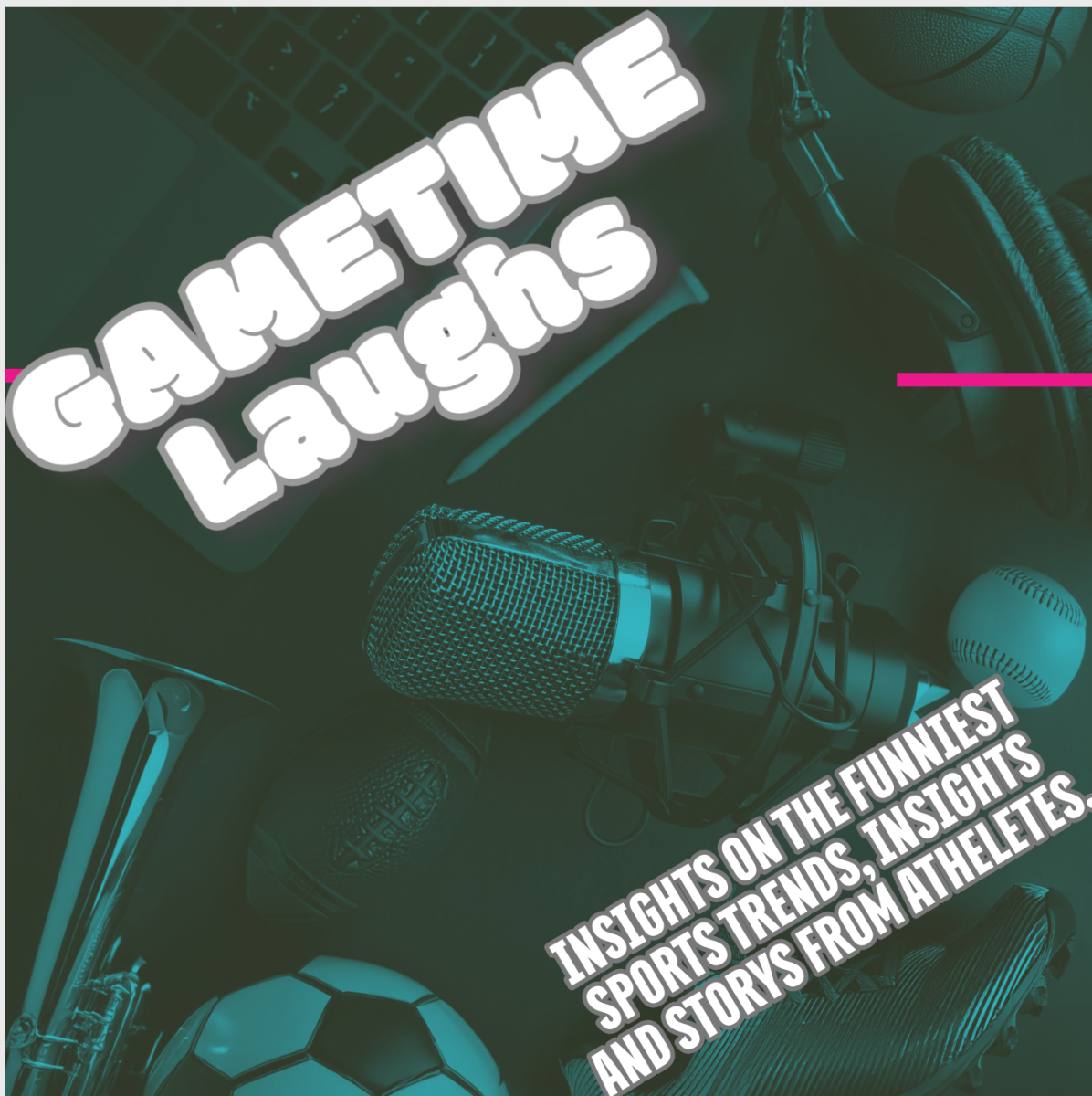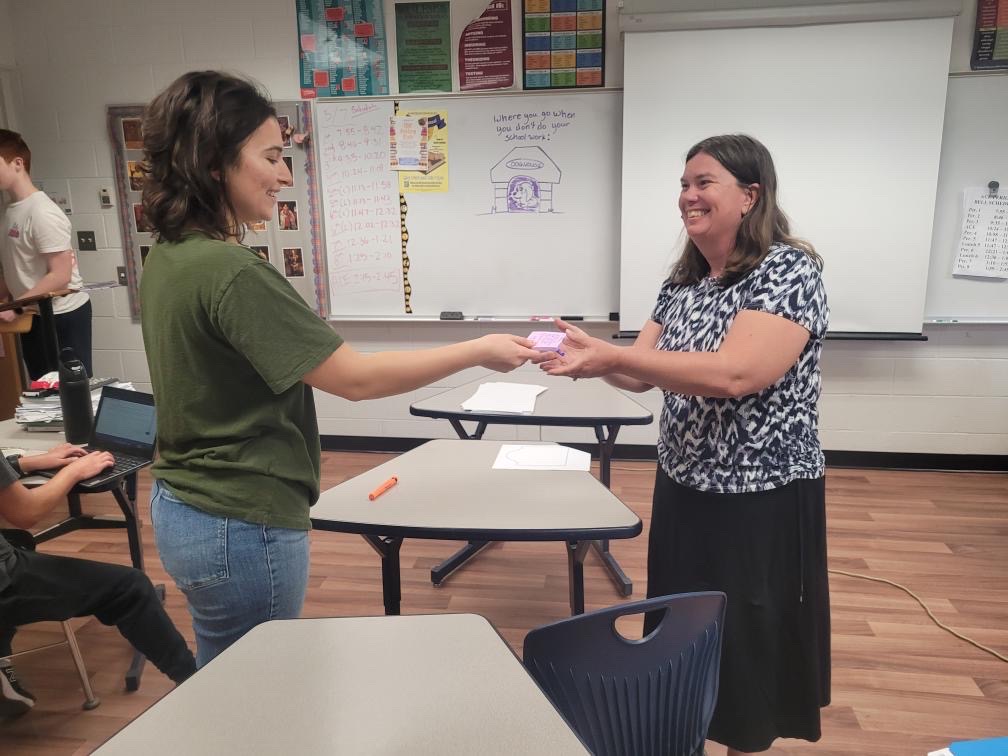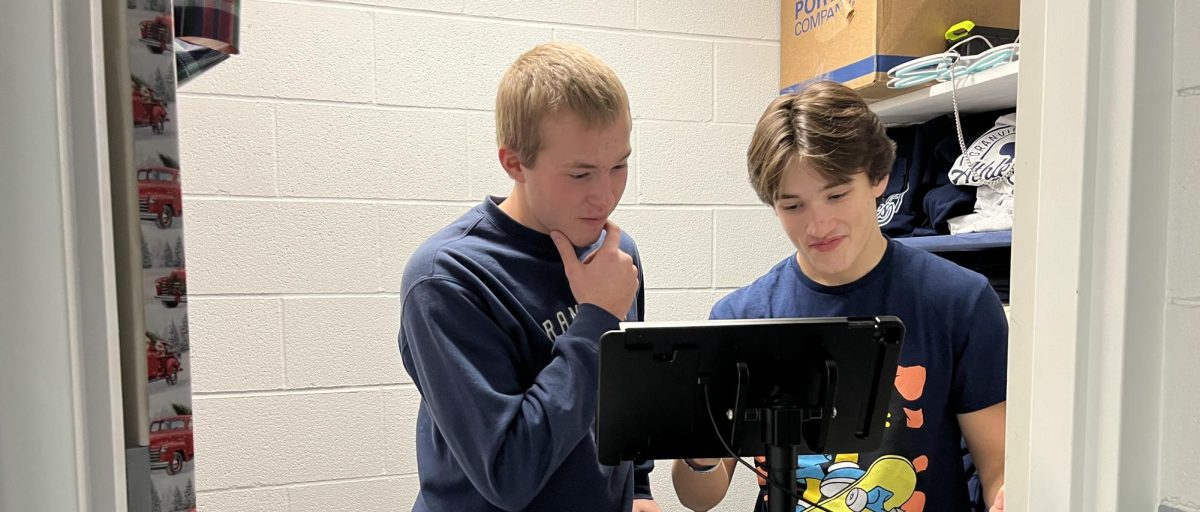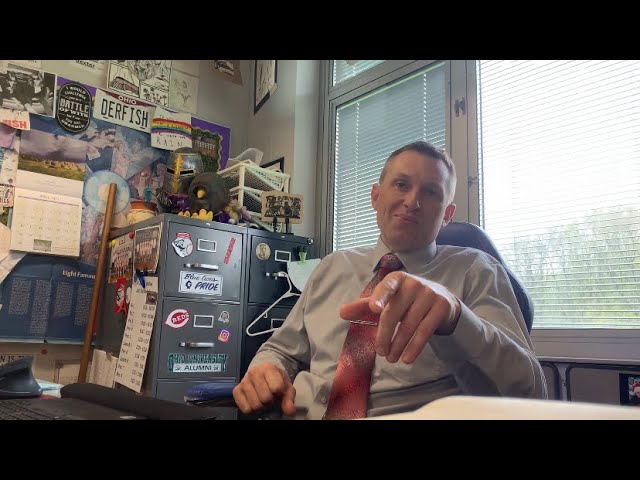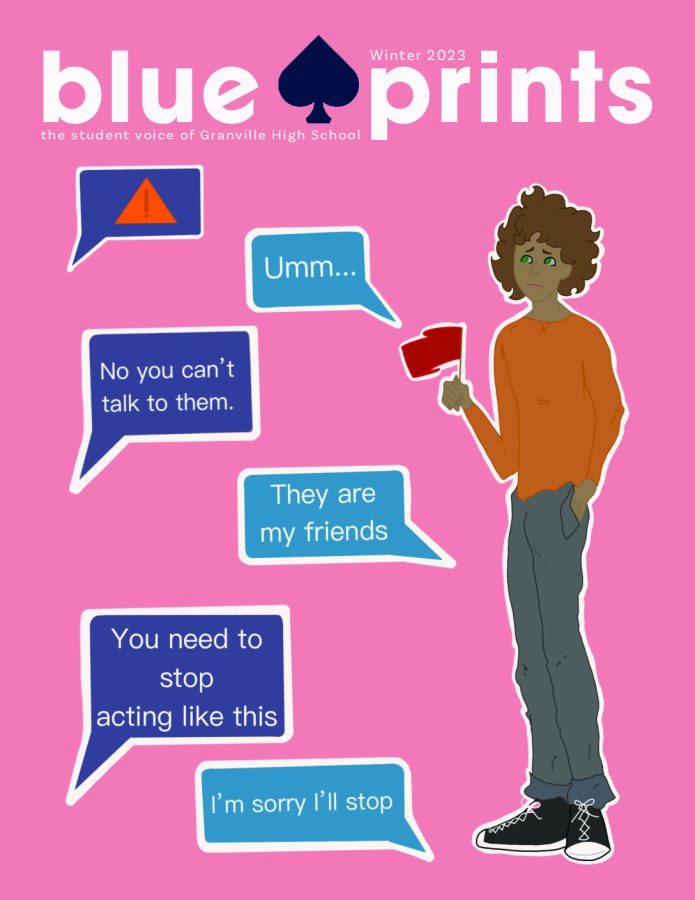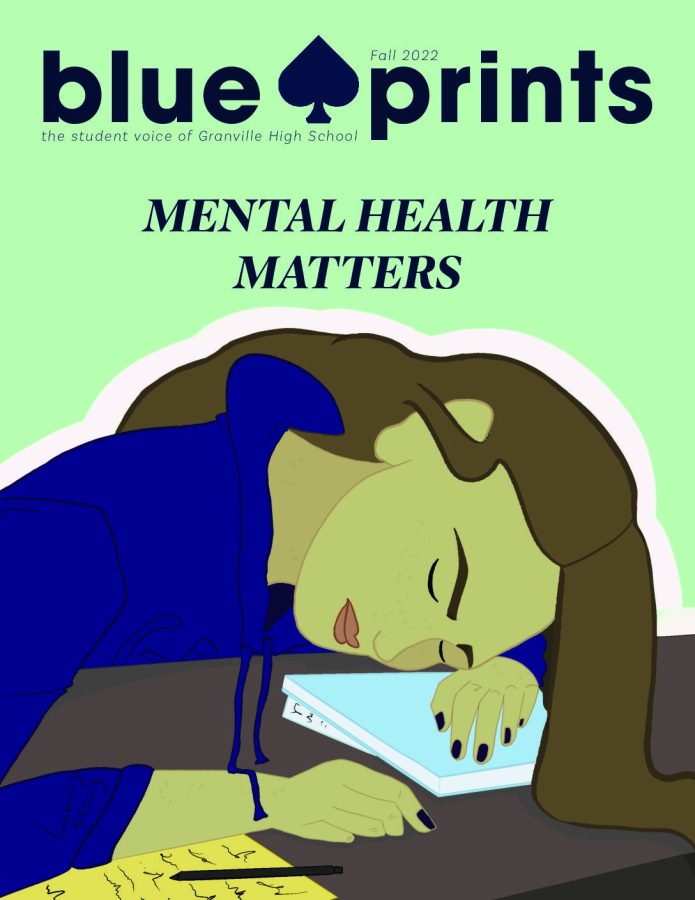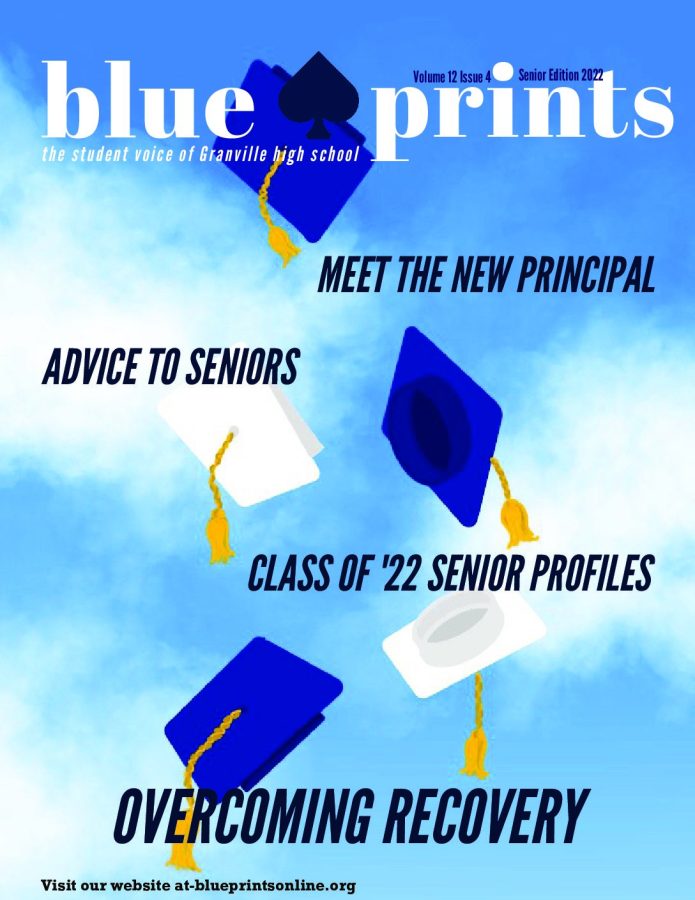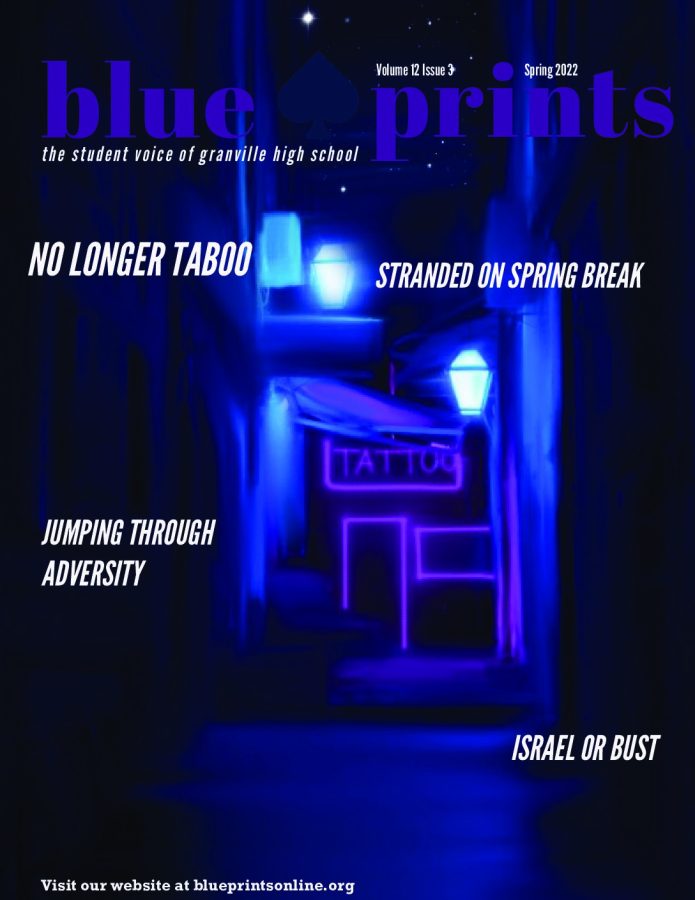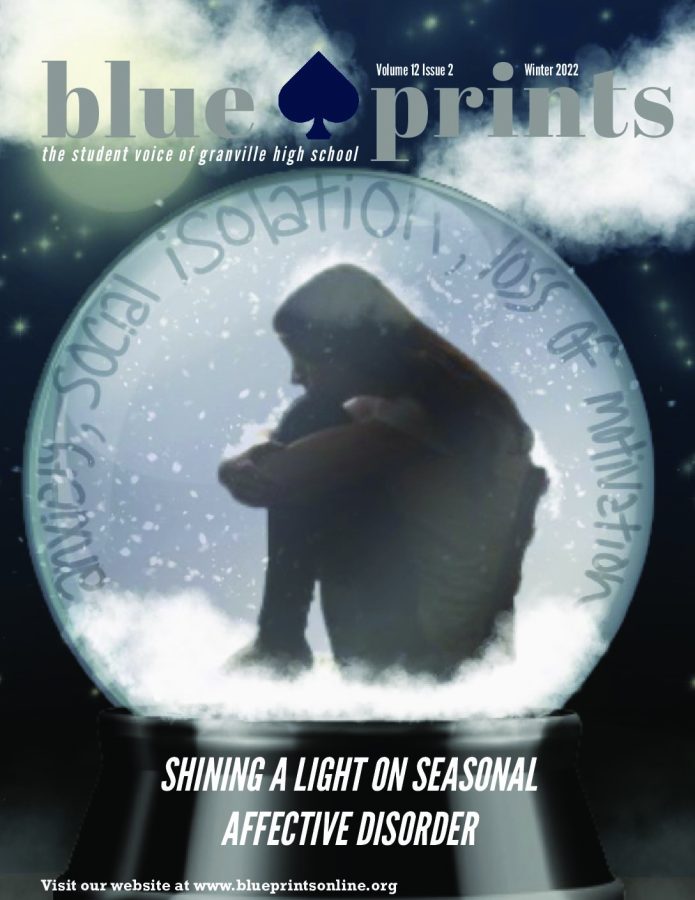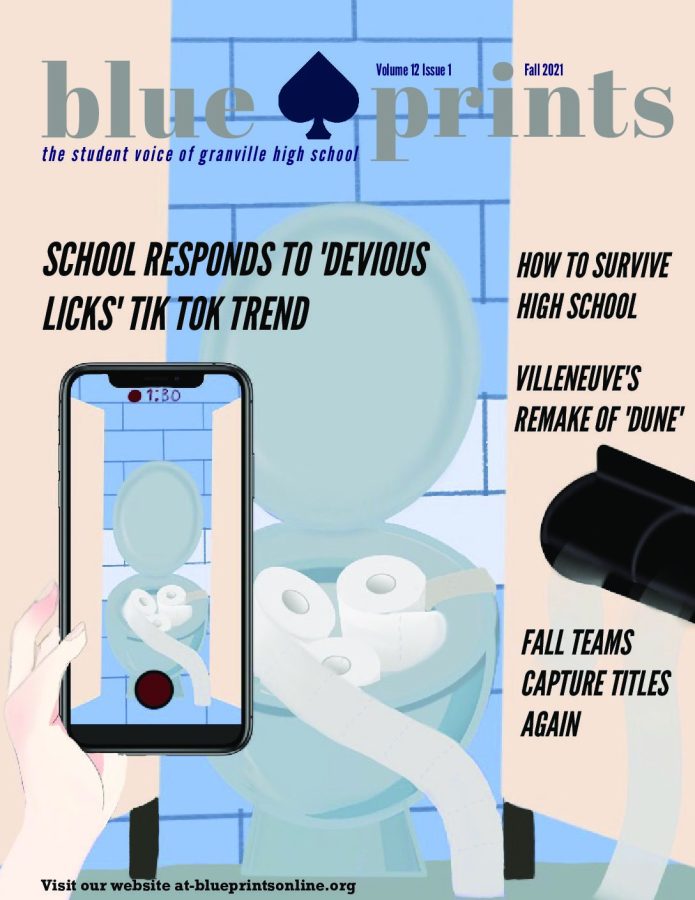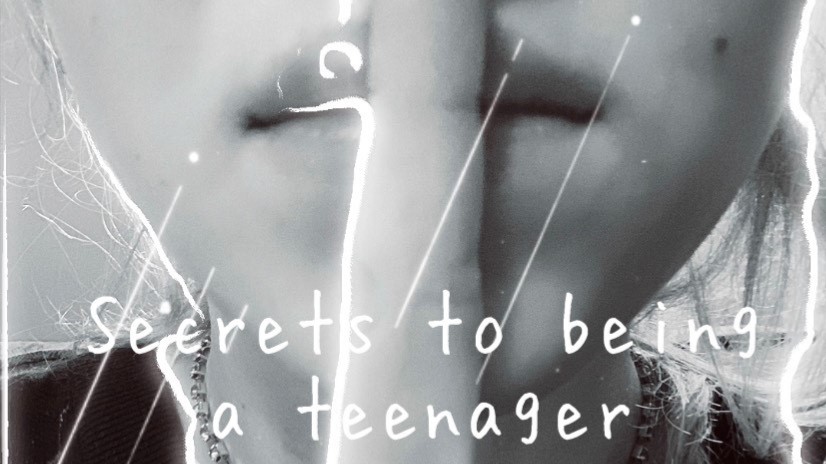Throughout high school, there is a fair amount of books that you will be asked to read. Depending on what class you choose to take, the amount and selections vary. The more “advanced” the class you take, the more reading you will have to do. That’s pretty much common sense.
But, still, in no matter what English class you take, many people (maybe you included) will not read the books that are assigned. What I’m talking about are the actual novels we are asked to read, not the articles or other shorter assigned readings. With those, even avid readers do not ascribe much mental capacity for close reading – these pieces are usually meant to be skimmed or quickly read, and are mostly done for semantic purposes, not for creative or pleasure purposes as the required novels are.
Freshman year, it did not occur to me to “fake read” books. Sure, I could have looked on Sparknotes or Shmoop, but honestly, that took about the same amount of time as it did to do the real reading. And, really, if you’re going to expend the energy to go on Sparknotes to try and study a book you were supposed to have read, you might as well just read the book. You’re already one step there. You clearly care about your grades, and the discrepancy between Sparknote quiz grades and real reading quiz grades are huge.
So why read the books? Because they’re good. No, trust me, they are good. I won’t go as far as to say every book I read for my English classes at Granville High School were all amazing, but a lot of them were. Plus, everyone has a different taste in novels. My least favorite book we read was two of my friends’ absolute favorite.
I promise you, I know many people who rarely read any of the books that are assigned. But, for some strange reason, they decided to actually read one or two, and they really enjoyed them. But what if they had read all of the books? They could have enjoyed many more.
I’ll never forget when my friend, who had never once read an assigned book, came to me junior year wanting to discuss with me The Adventures of Huckleberry Finn. She was enamoured by it, and even went ahead of the reading because it was so good. I was shocked, but I wonder what she would have thought of Brave New World or Things Fall Apart if she had read them.
Even now, a year later, she sometimes mentions The Adventures of Huckleberry Finn, commenting on how much she loved it and wanting to exchange thoughts on the scenes with Huck “trying to help” get Jim out of the prison.
Another friend of mine chose to read, after only doing Brave New World in sophomore year, The Grapes of Wrath. I was completely surprised – this book is long, a little treacherous, and had insanely small text. But she read it and loved it, excited to participate in class discussions and free of stress before quizzes or essays over it (because she clearly didn’t have to fake it).
The books that they choose to teach us are classics. They have expanded my mind, allowing me to look into different viewpoints, time periods, and cultures, and often leave me with a saddened feeling when it all comes to an end. I’ll admit, some parts of some of the books were a little tough to get through, but (pro-tip) I usually powered through by listening to the audiobook while doing my laundry or the dishes.
I highly, highly recommend that you at least try to read every book that is assigned. Maybe you start it and hate it, but decide to pick back up again in the middle and realize it’s actually really good. Plus, especially in junior and senior years, the chapter quizzes are replaced by essays, and it becomes much harder to fake read. Seriously. Just try the book. You never know how much you will end up liking it.
And if you still don’t want to try reading every book that is put in front of you, here is my short list of my favorite assigned readings (including summer readings) from high school so far. So definitely try out these ones:
- The Scarlet Letter
- Lord of the Flies
- The Crucible
- Farming of the Bones
- Grapes of Wrath




